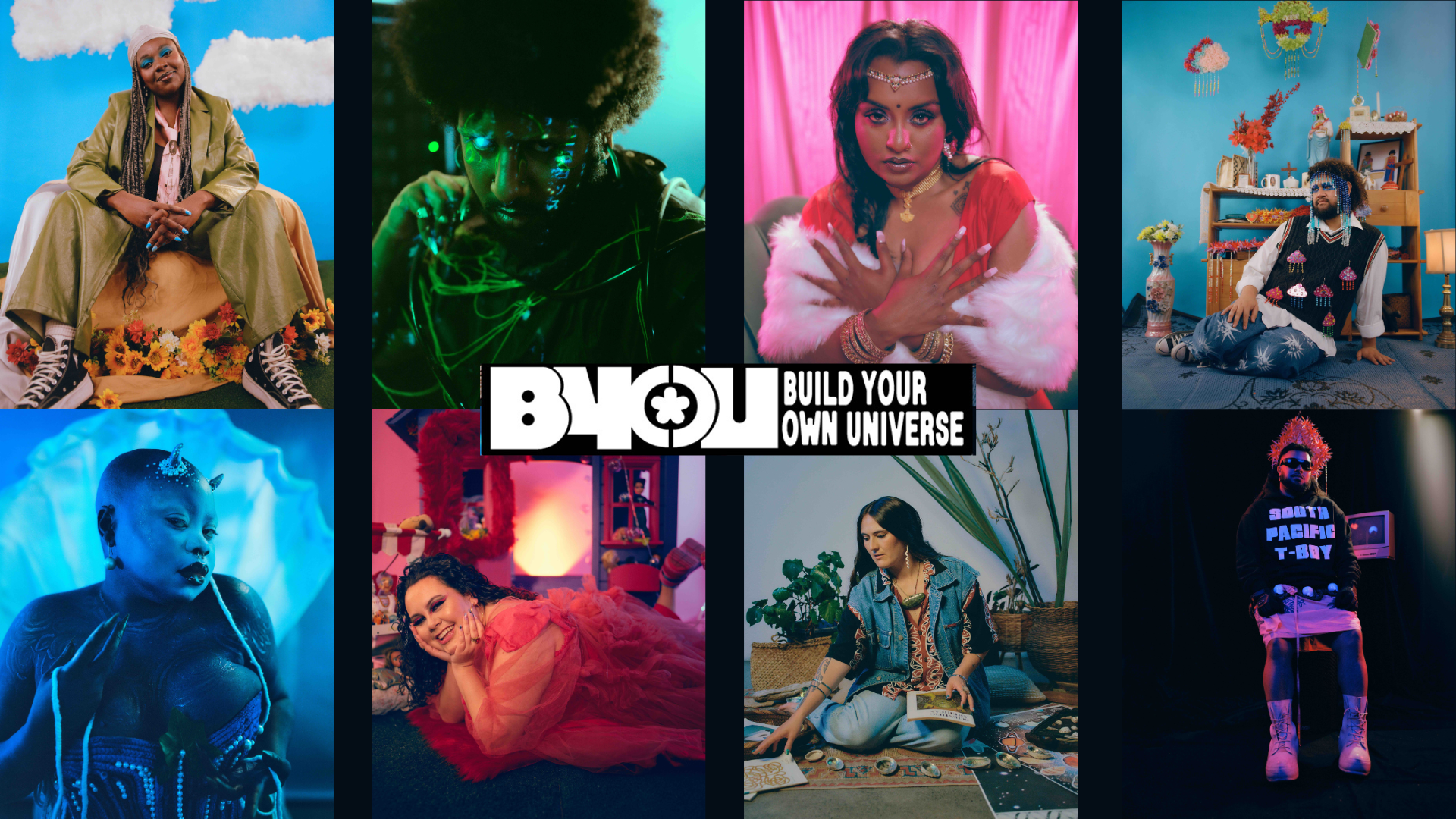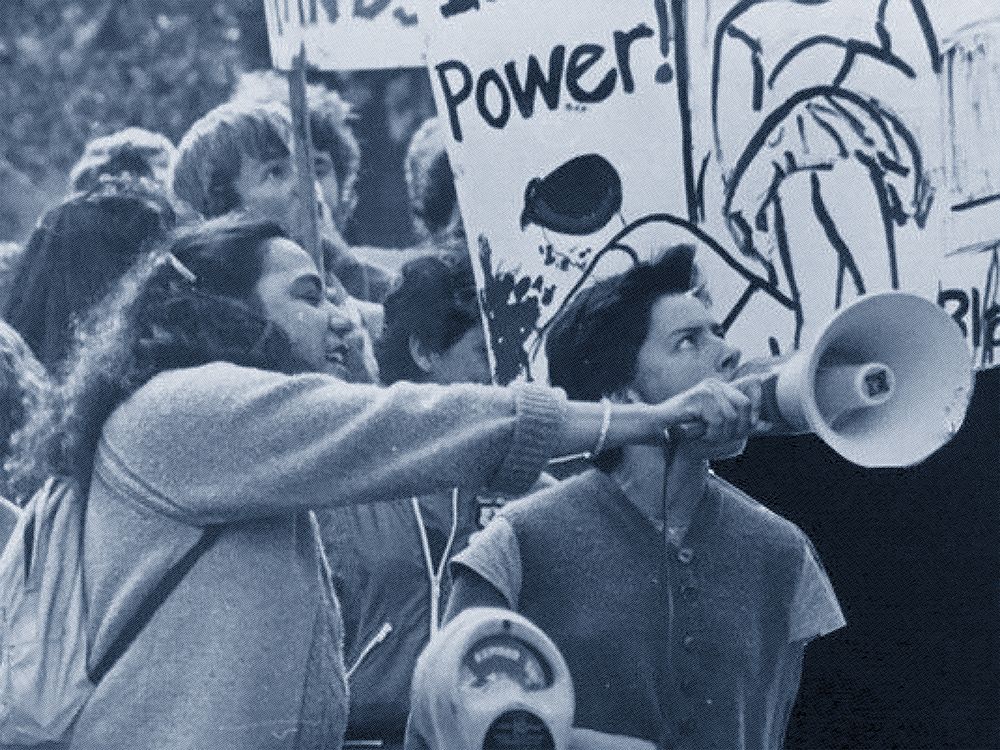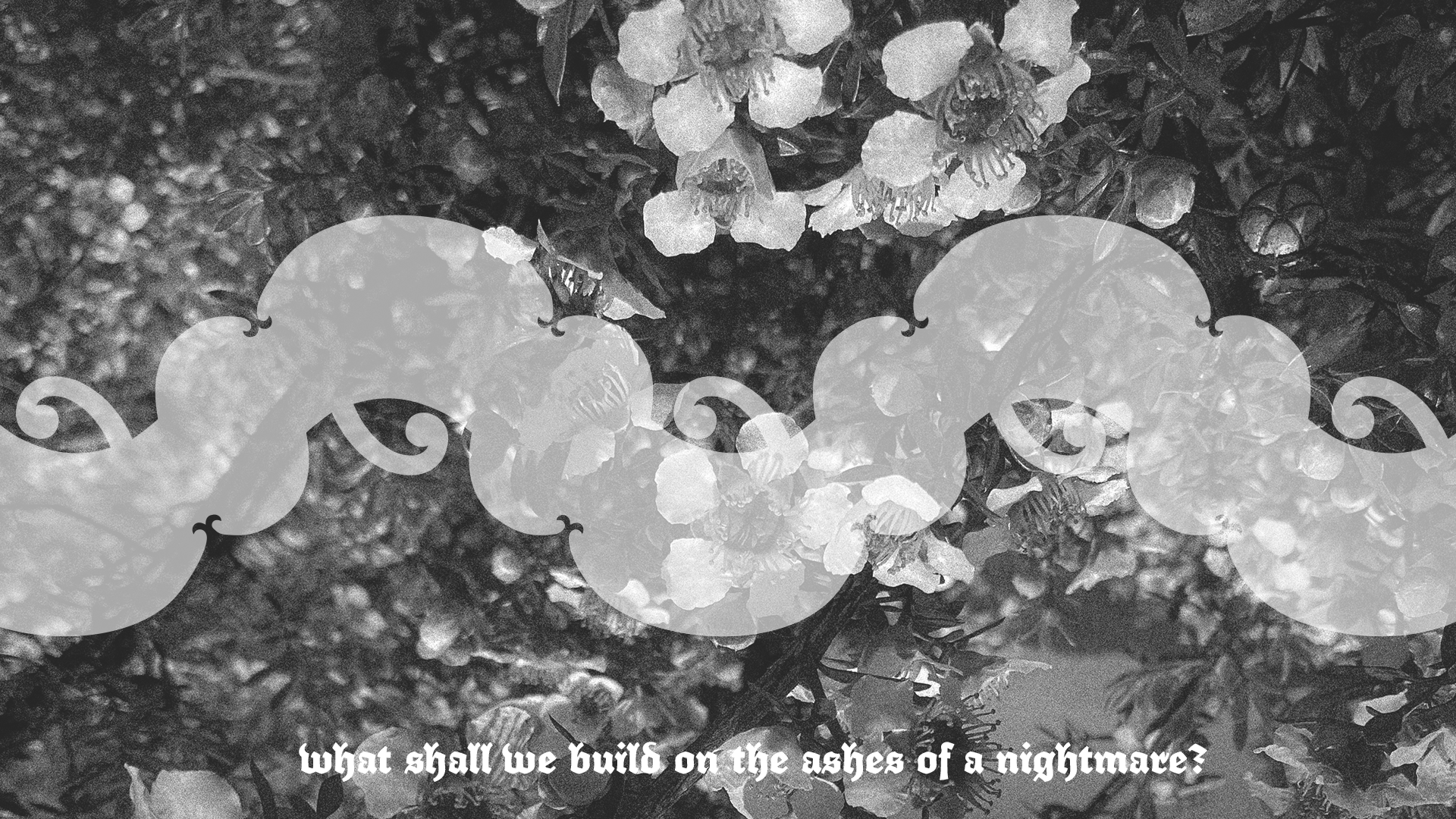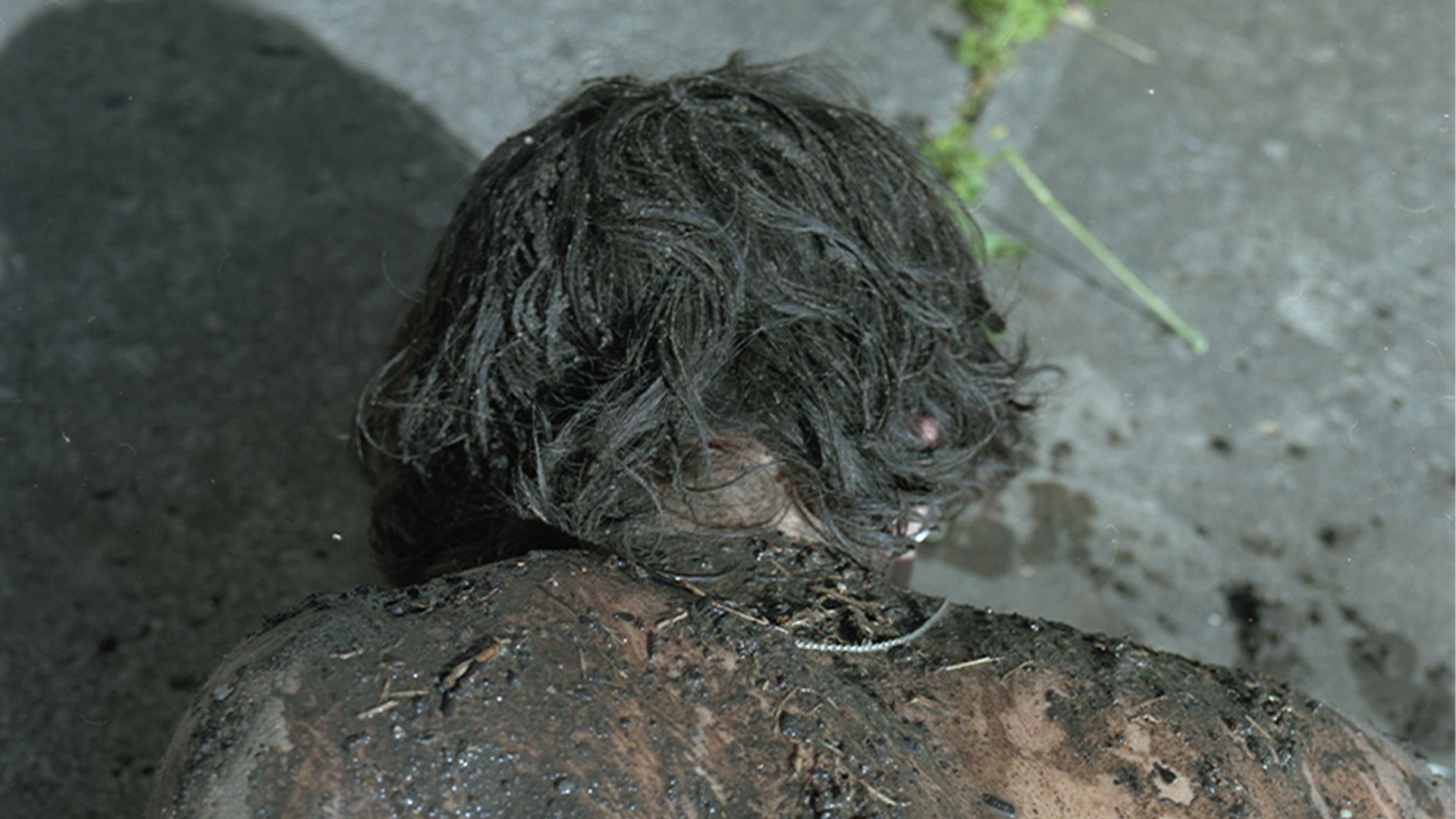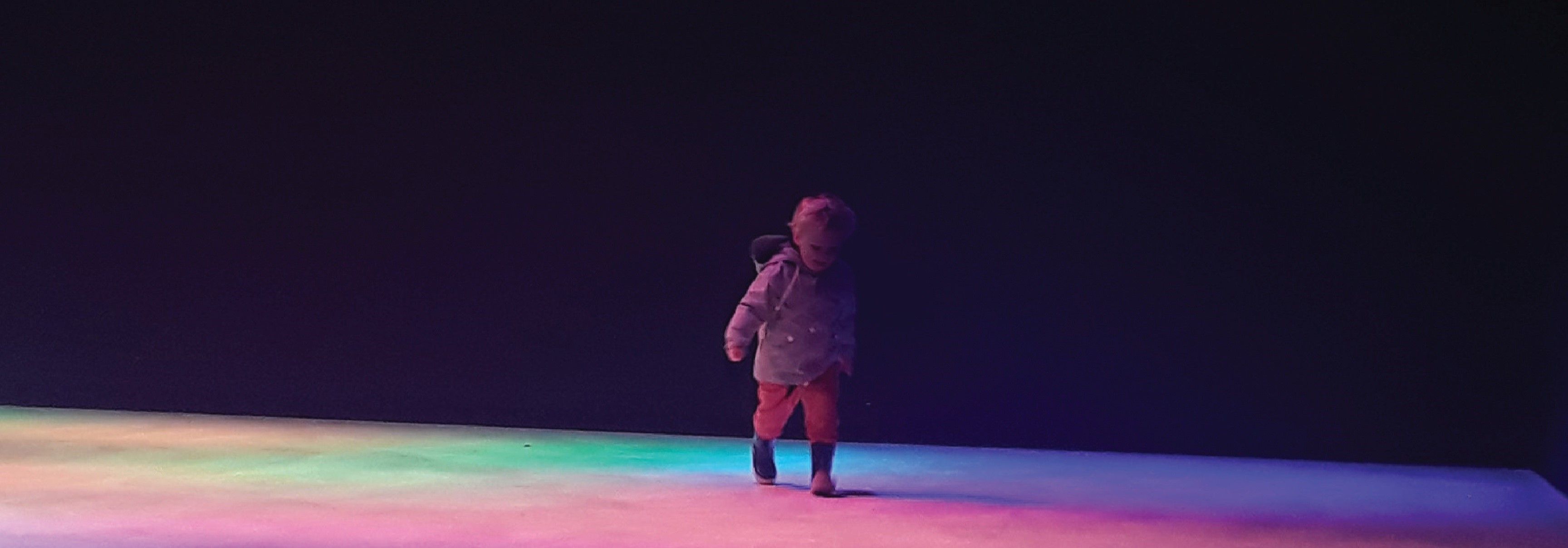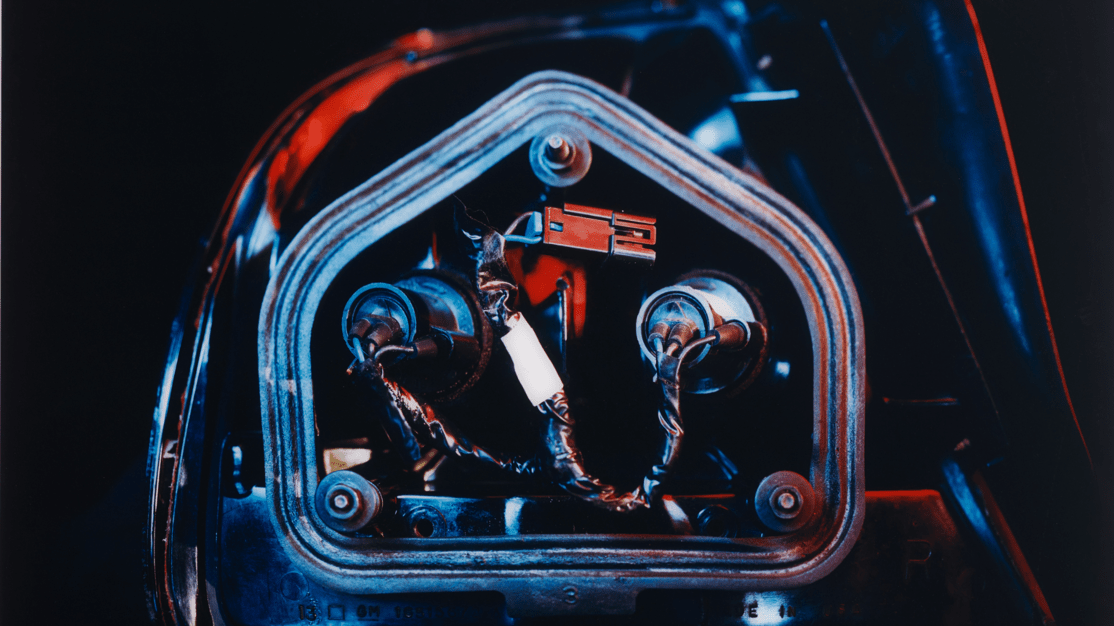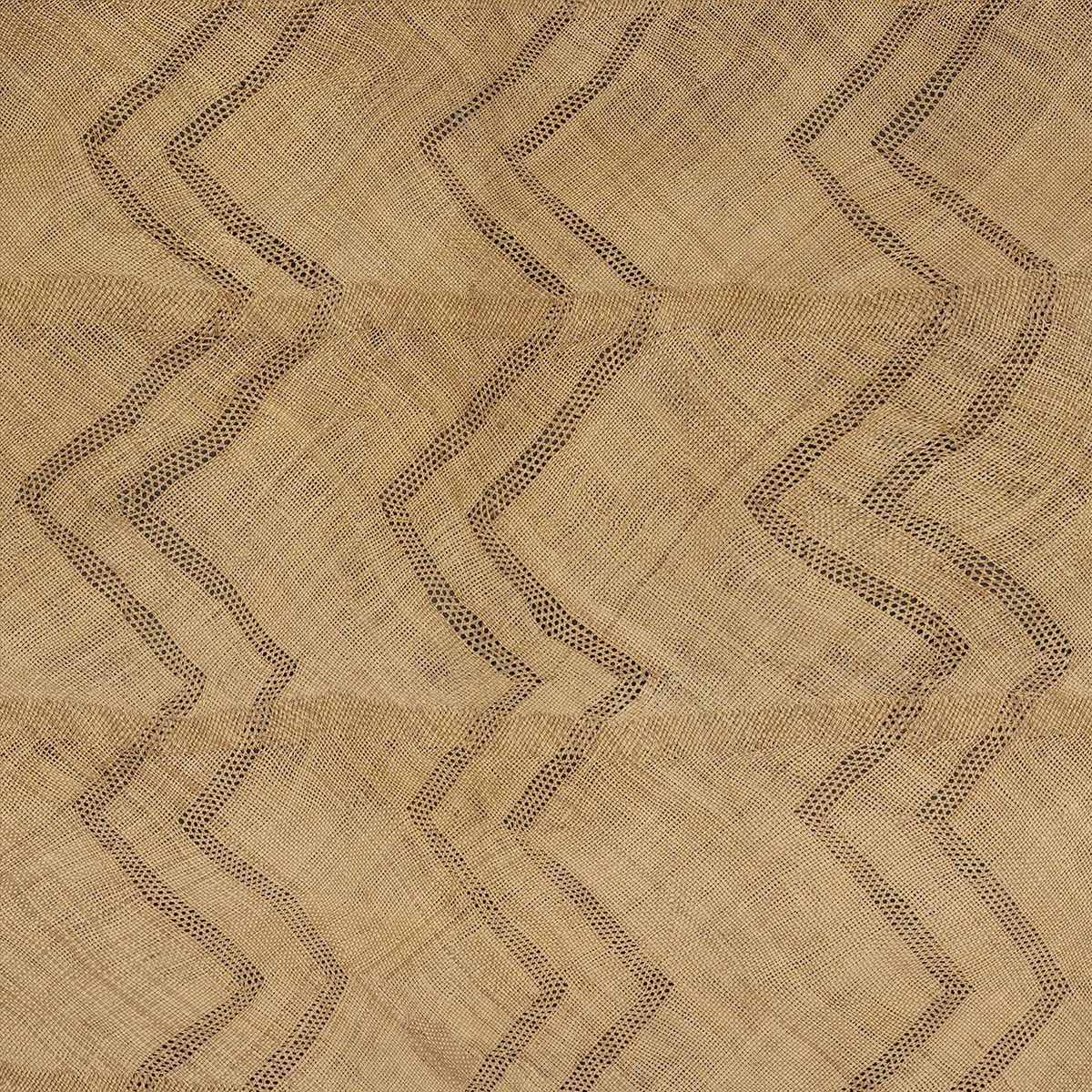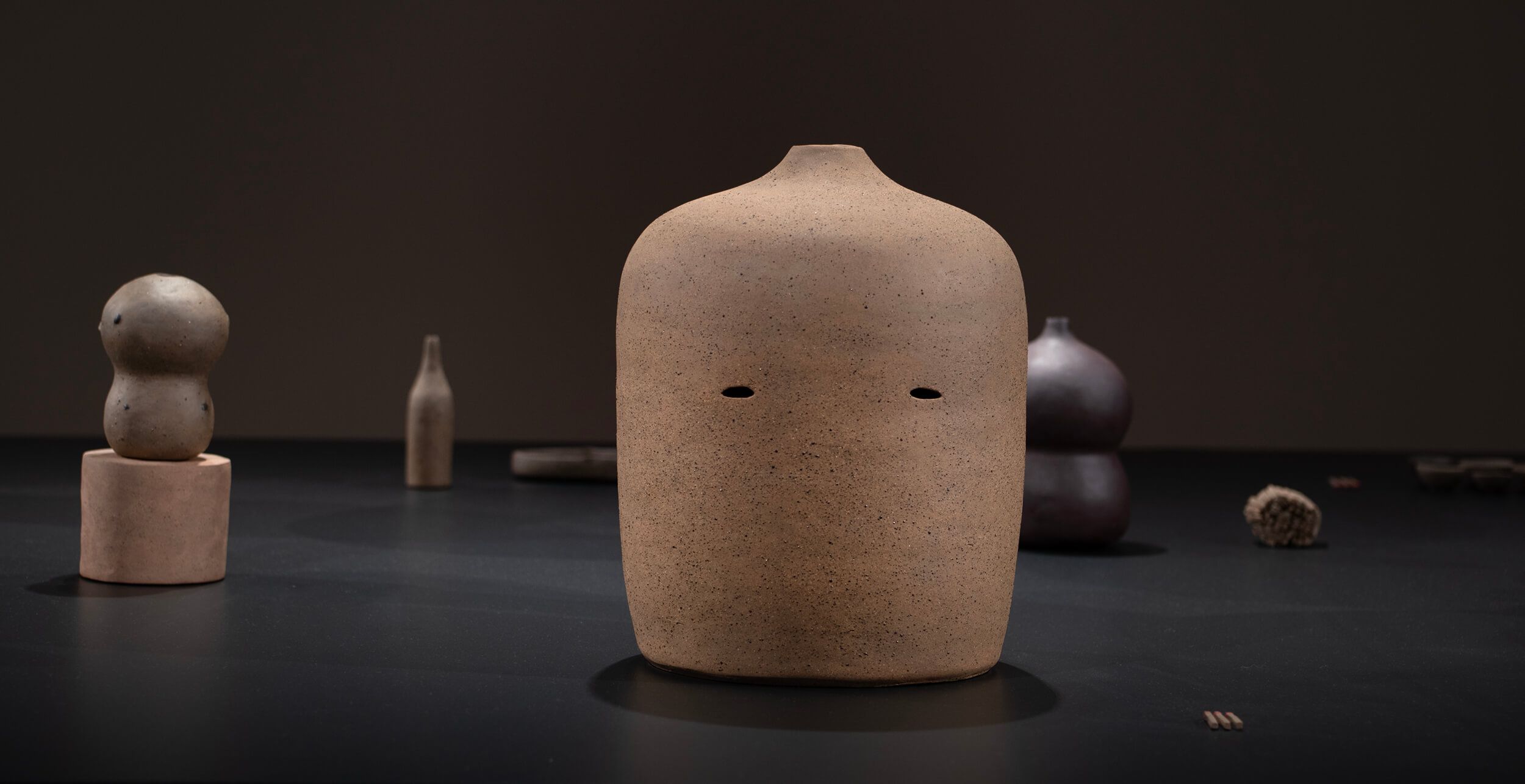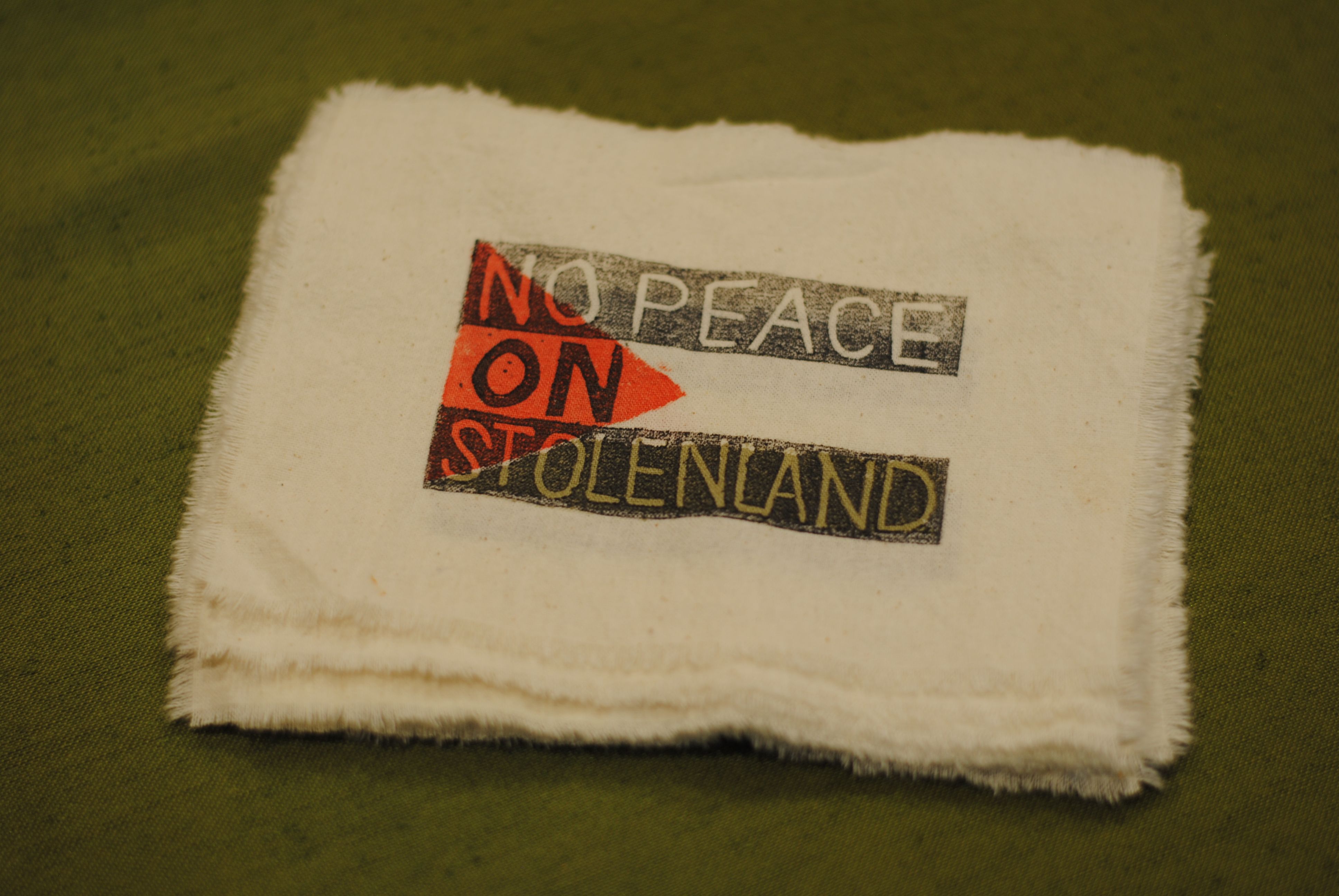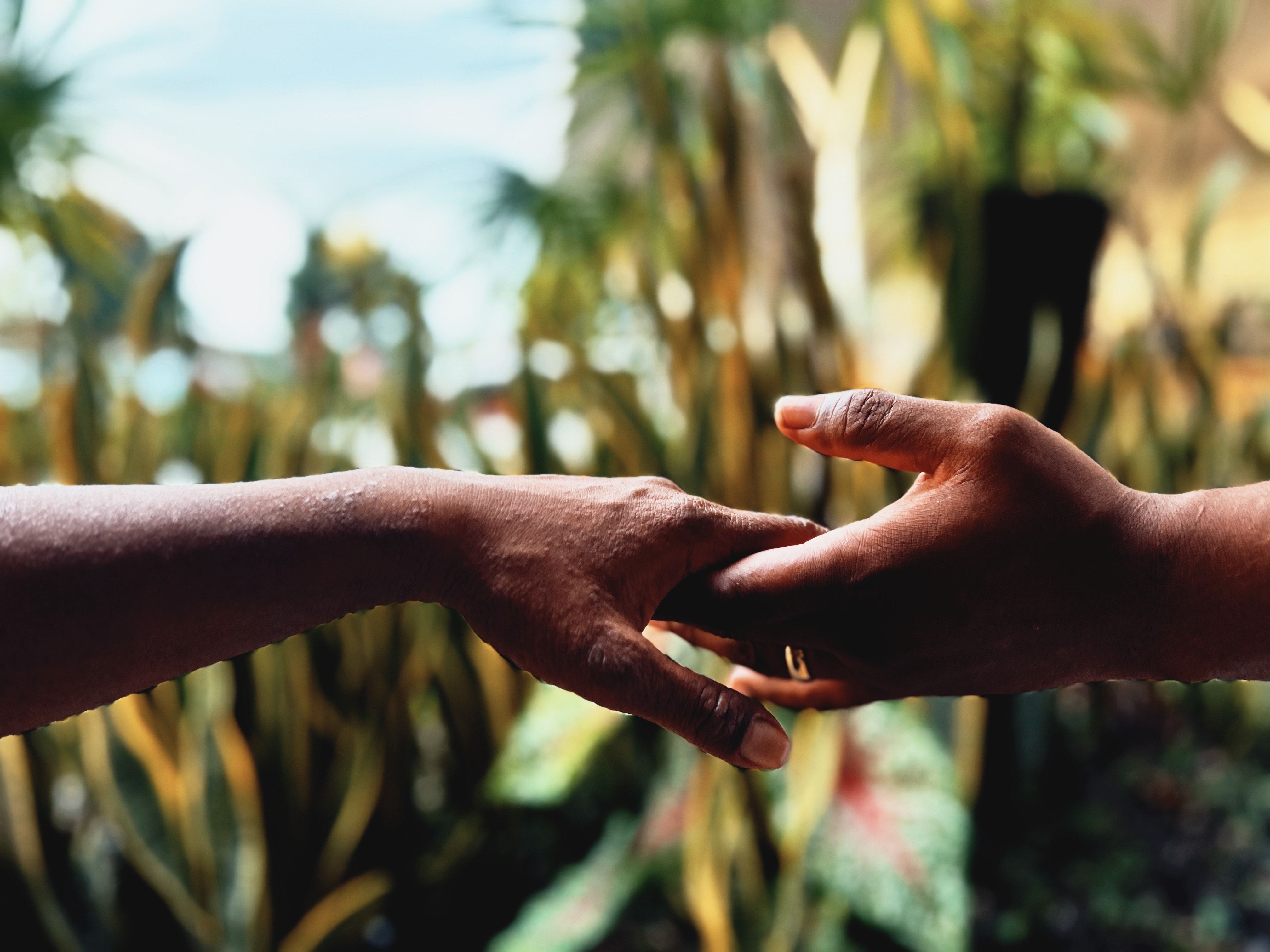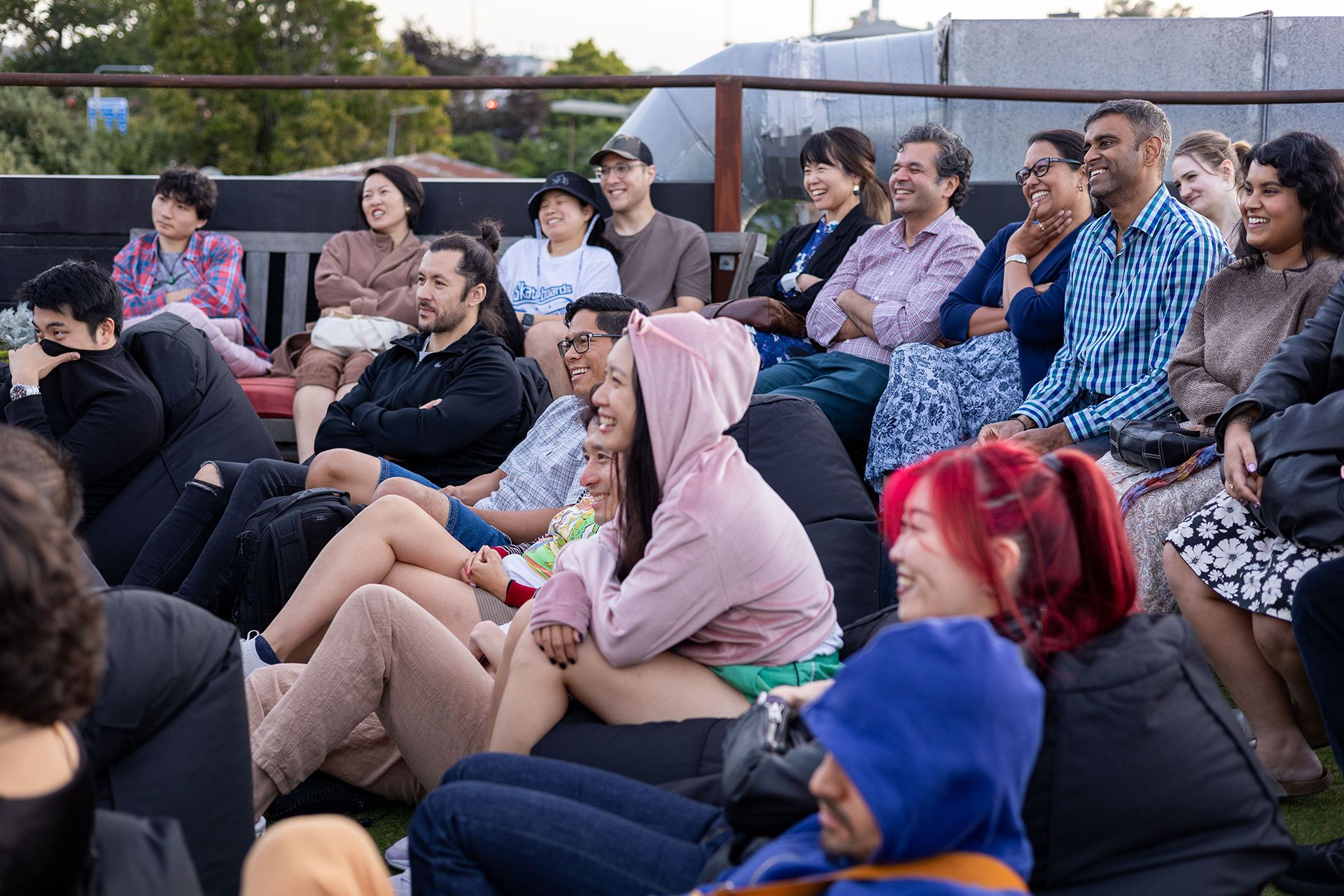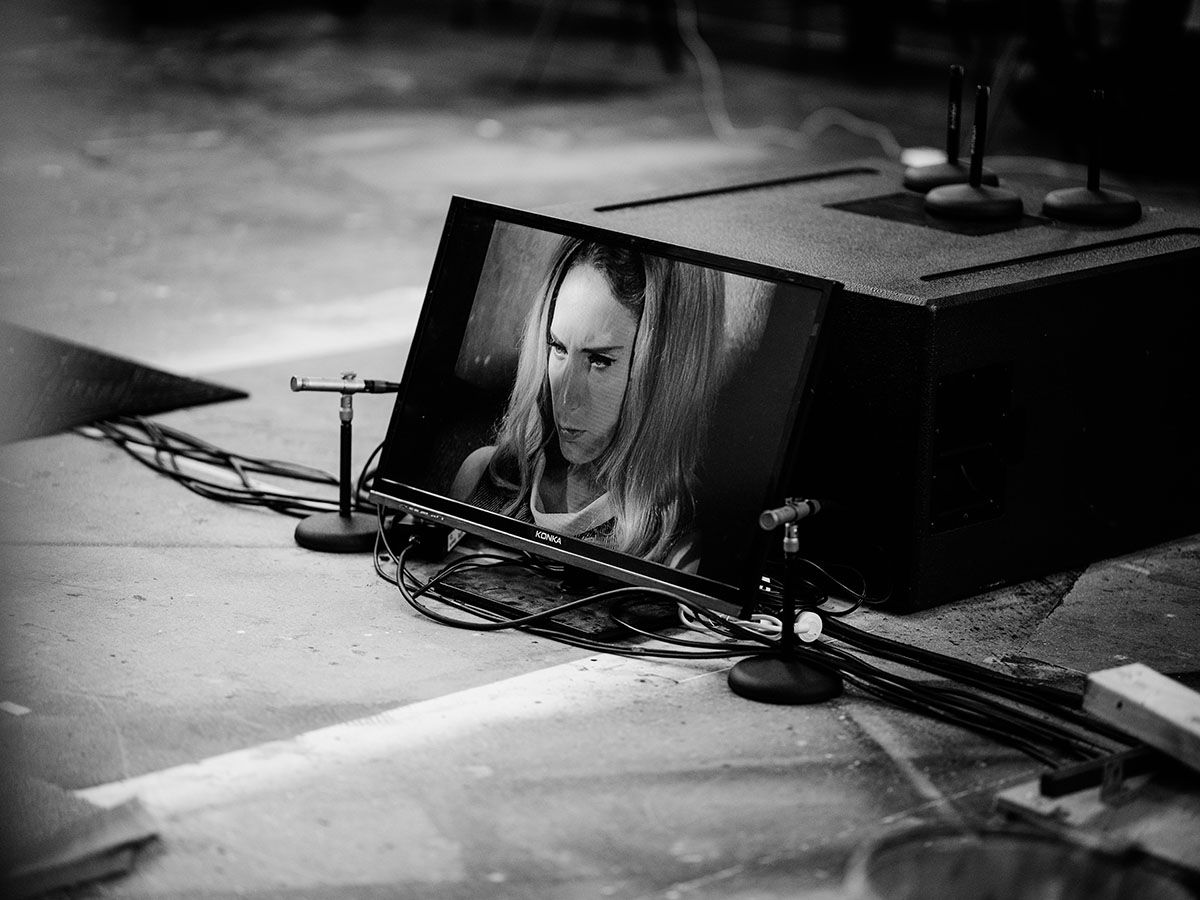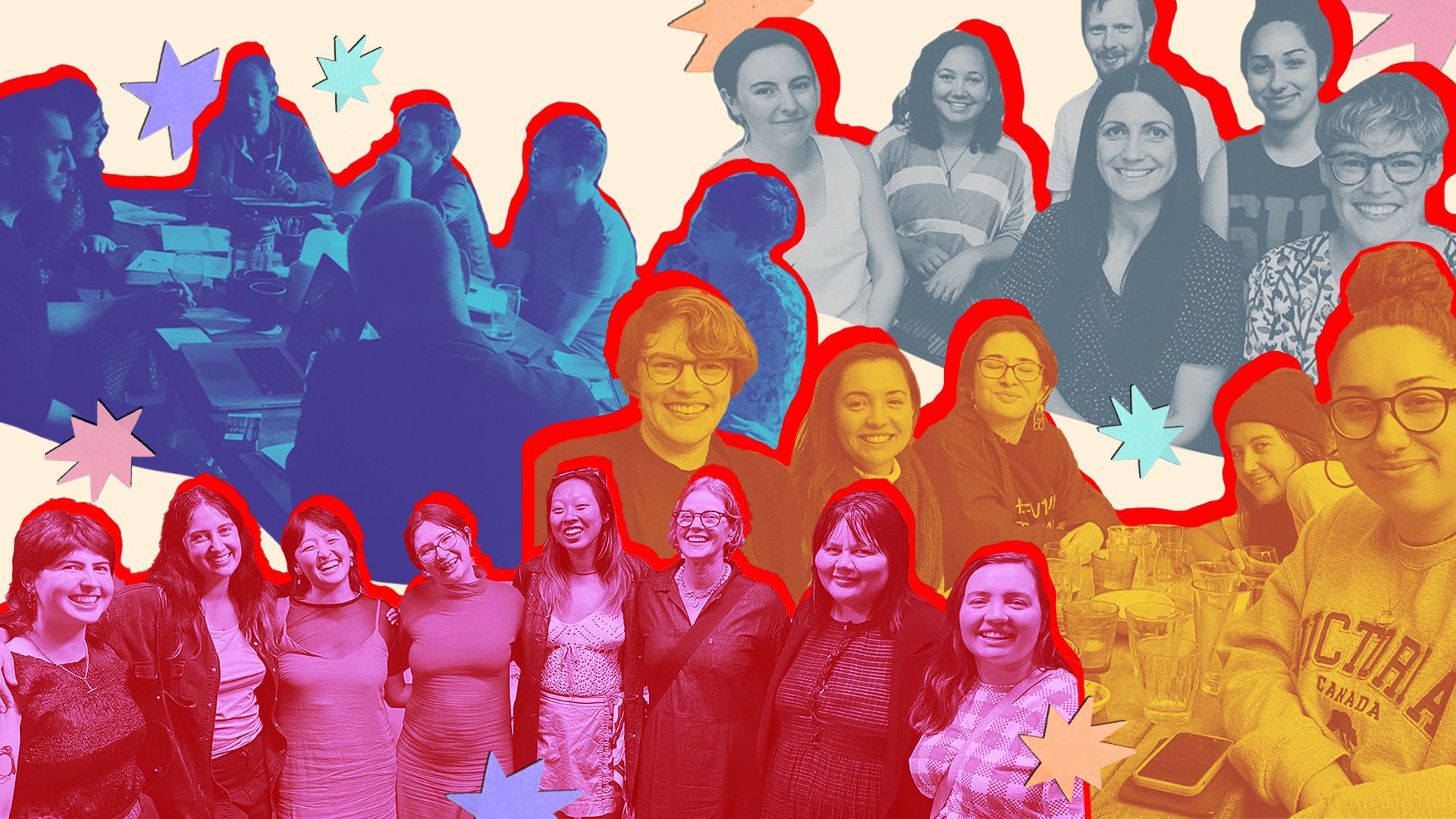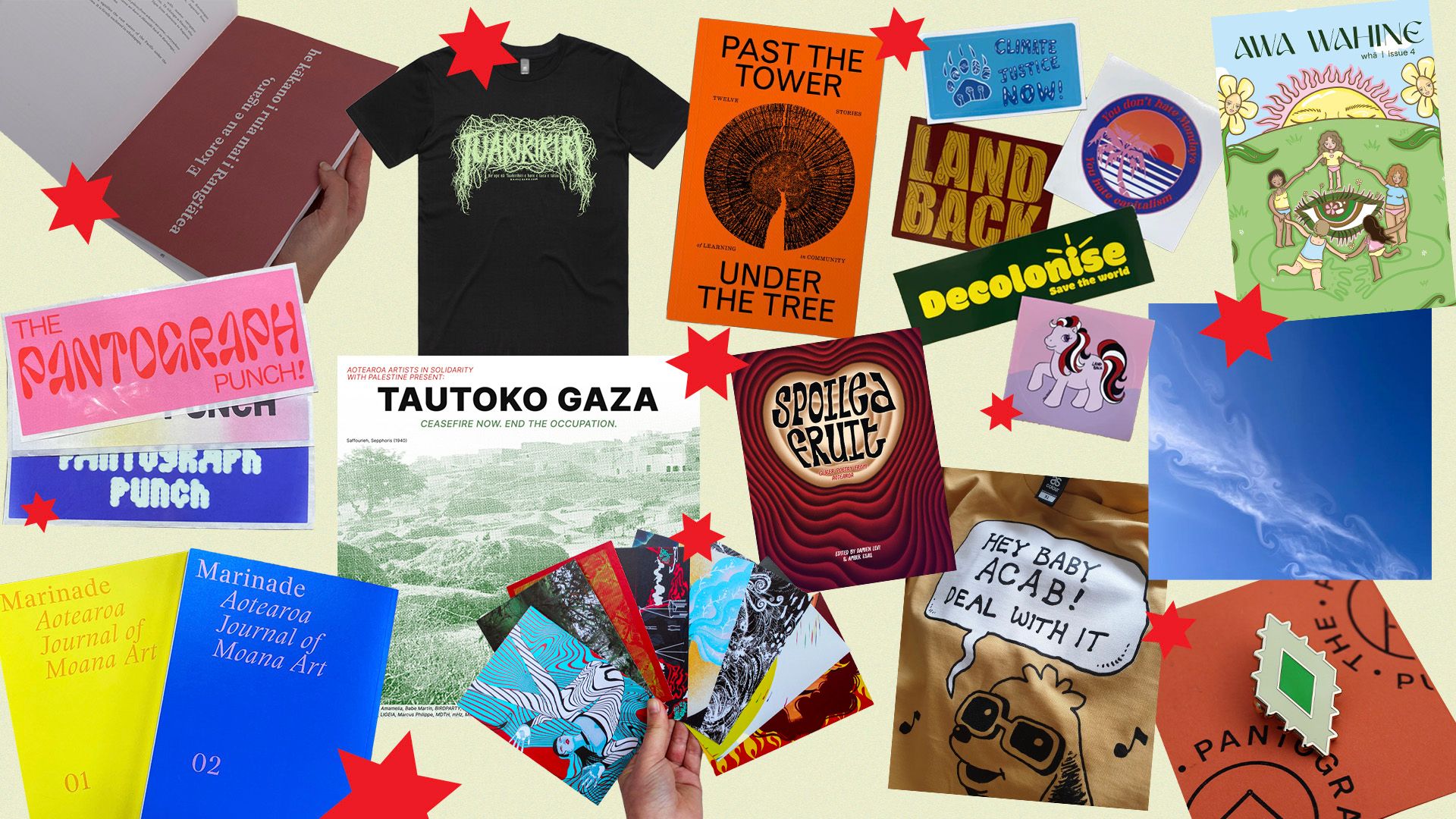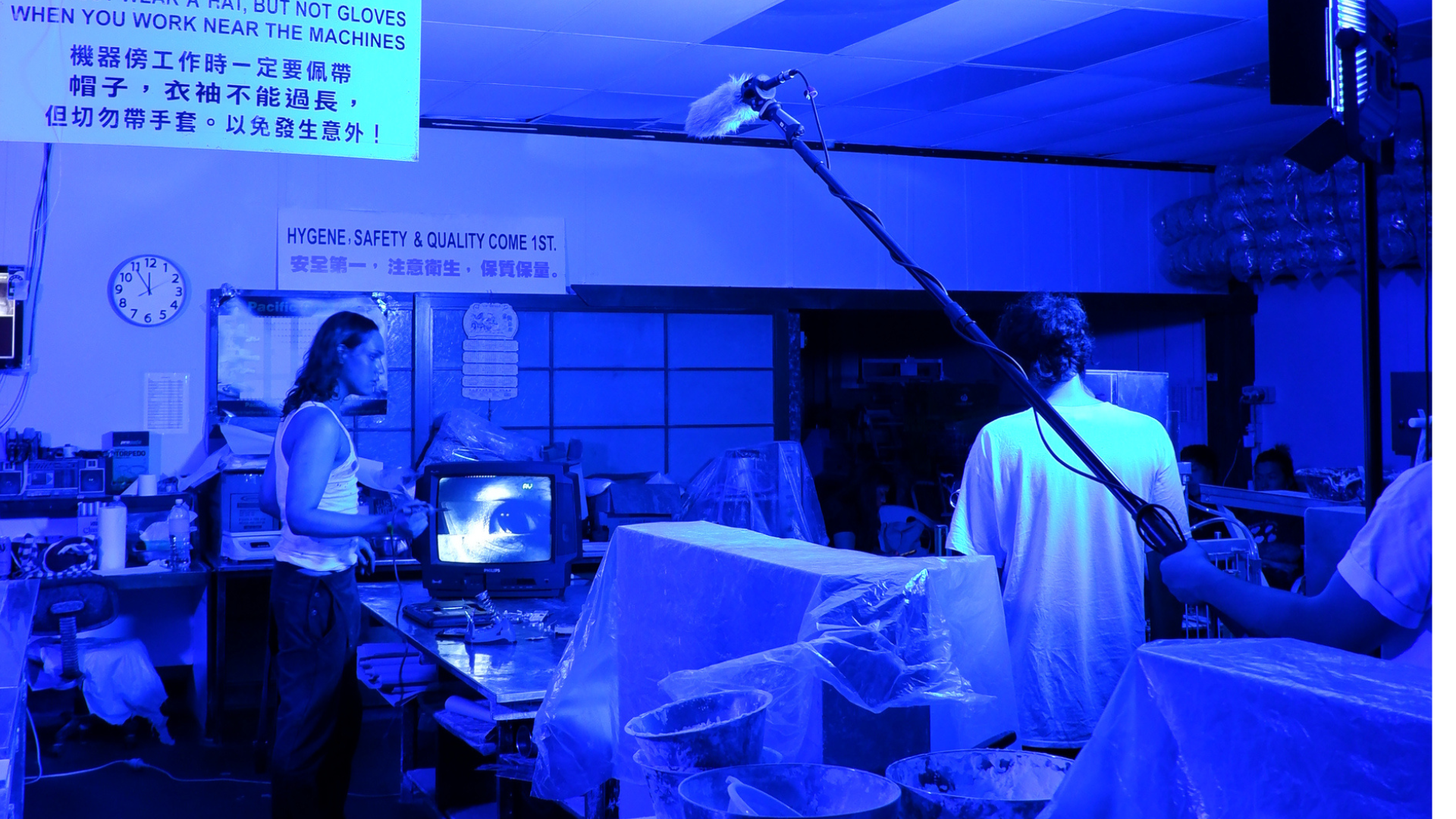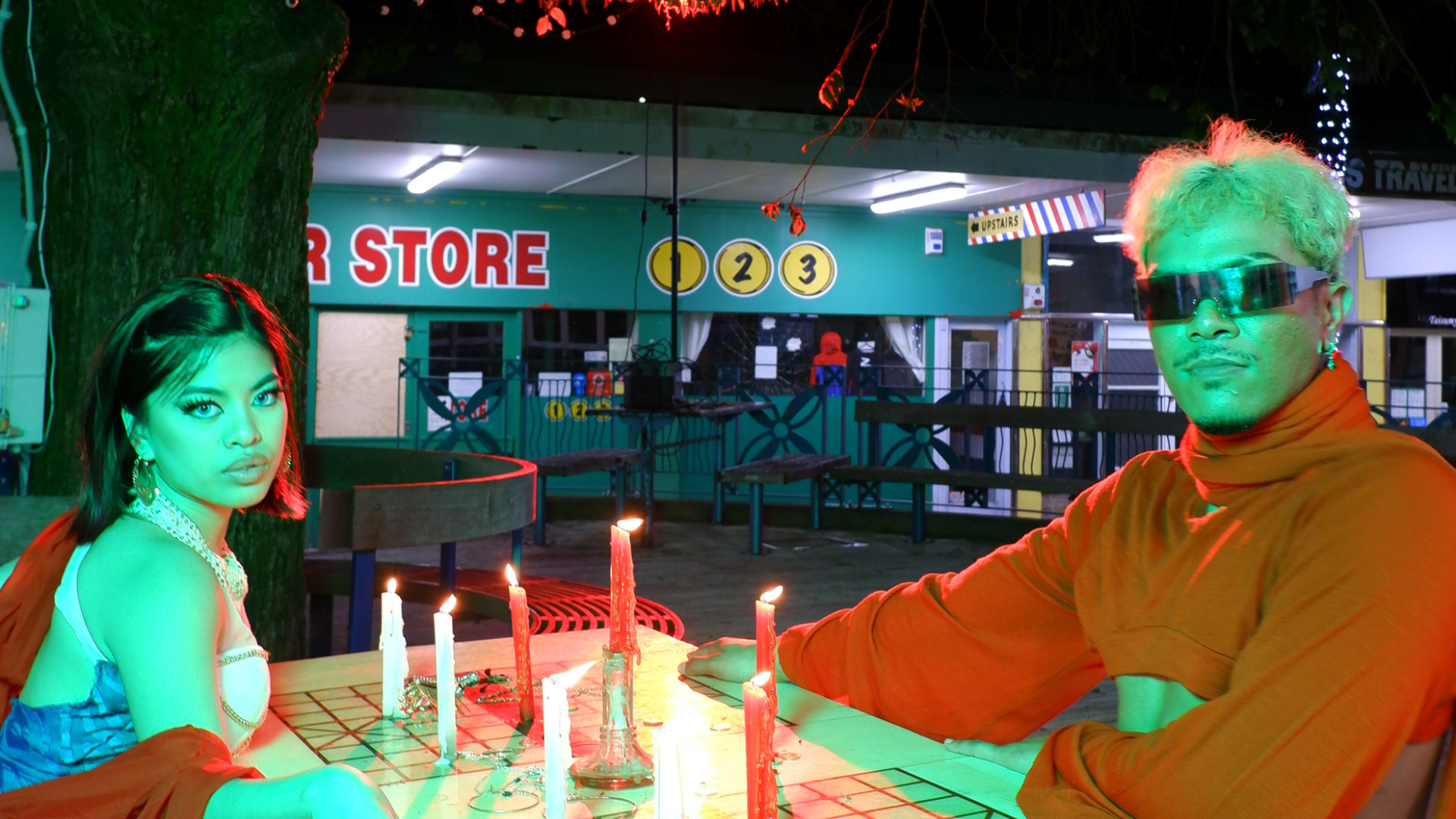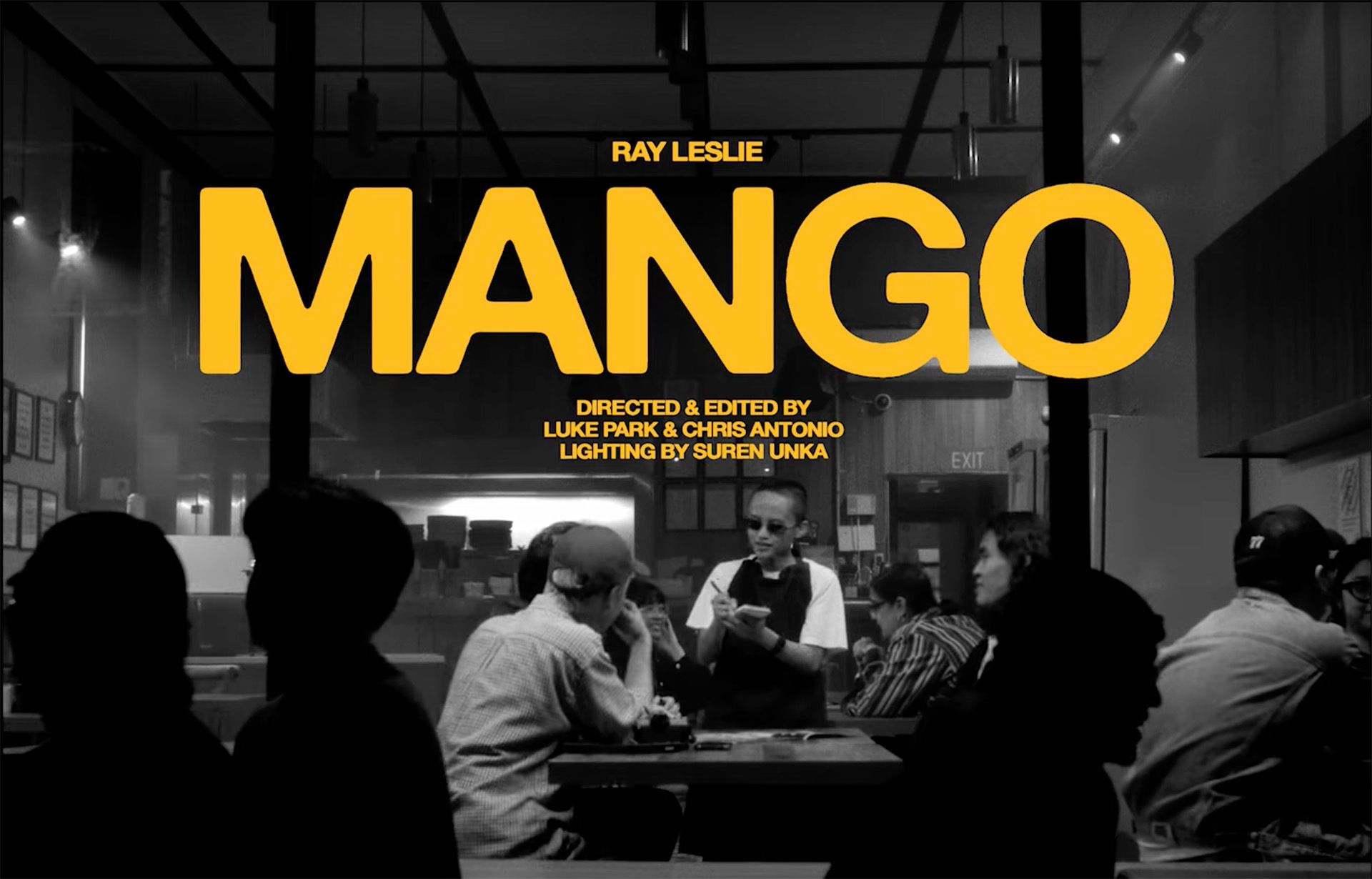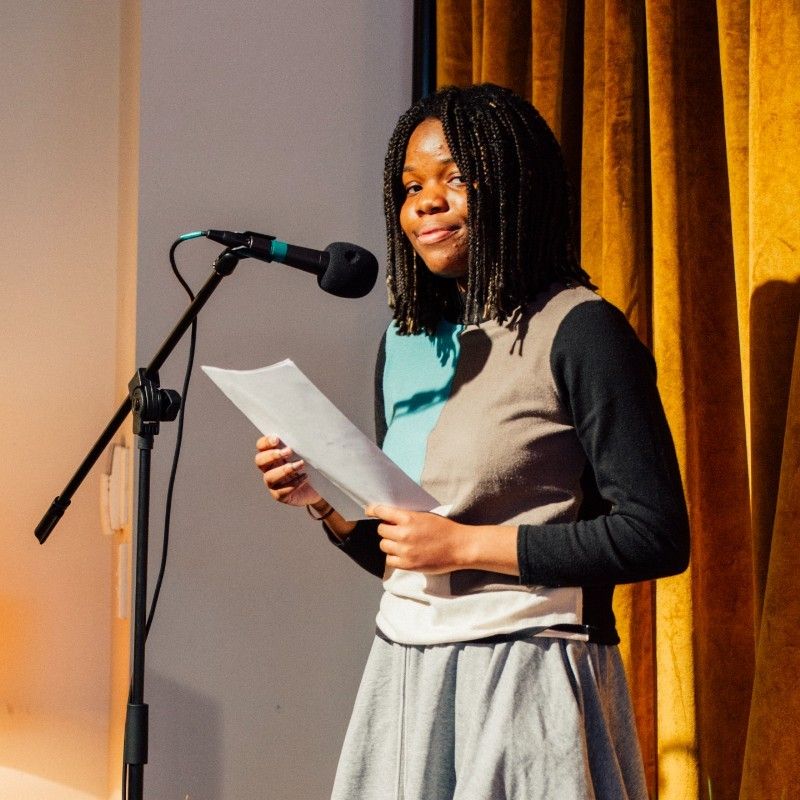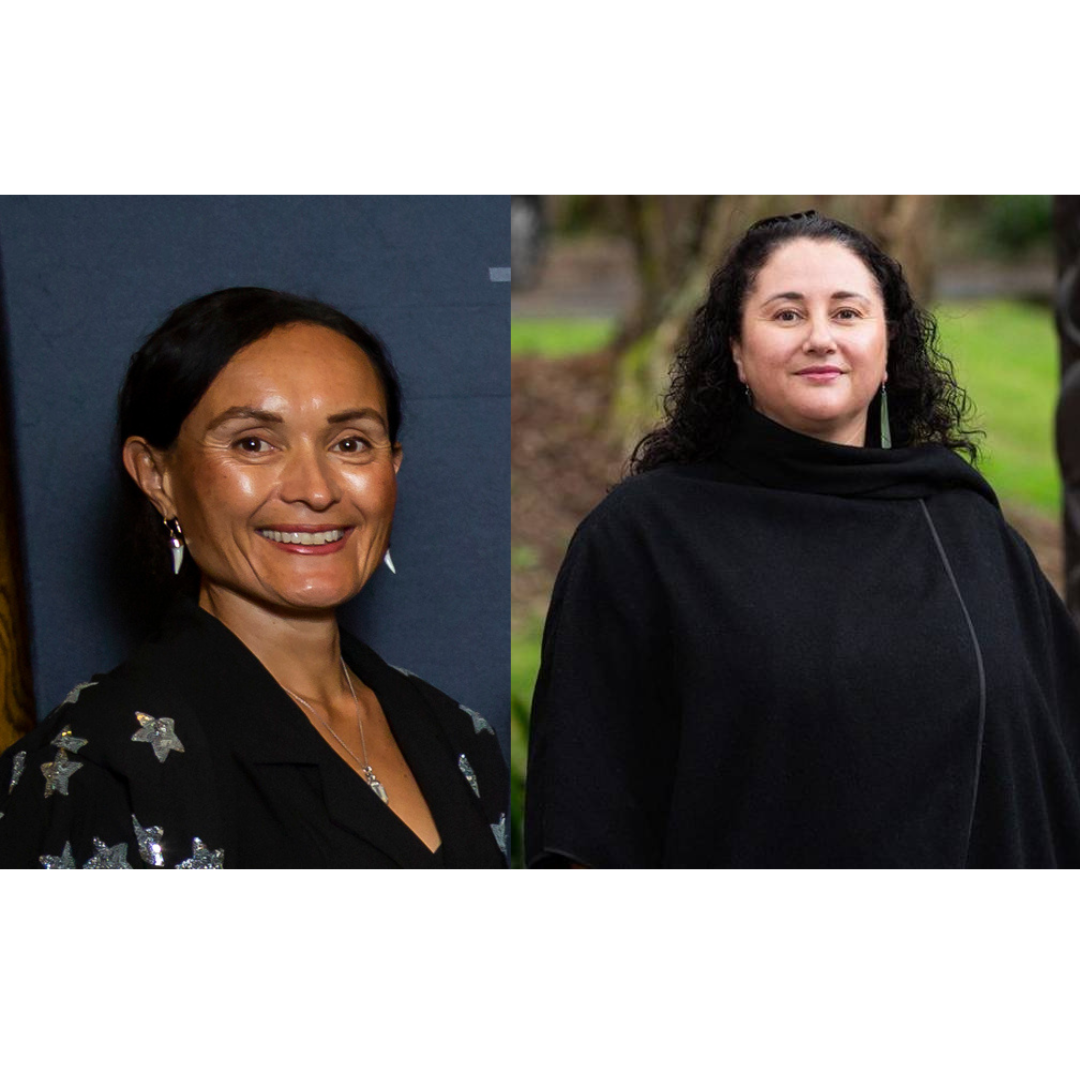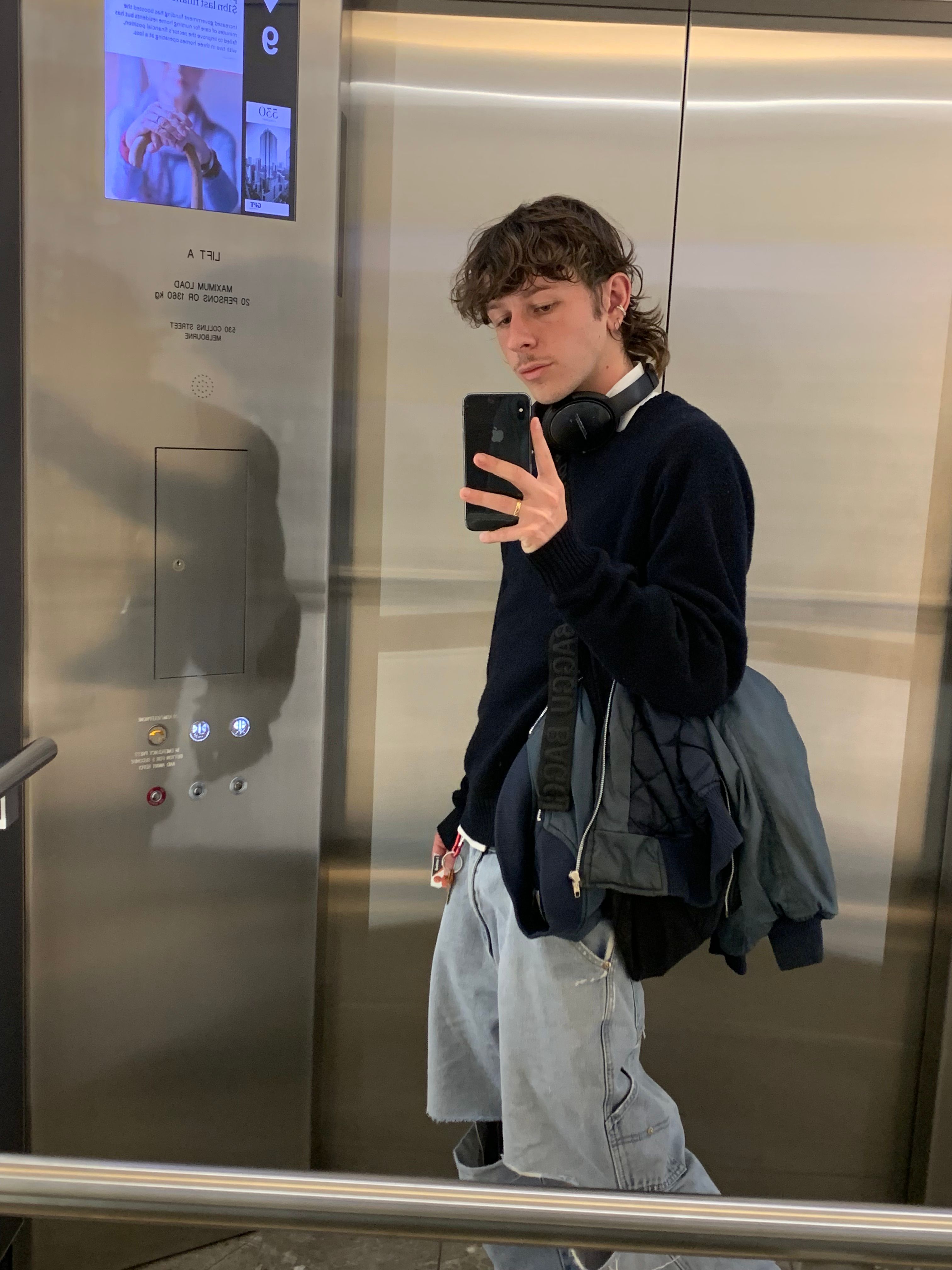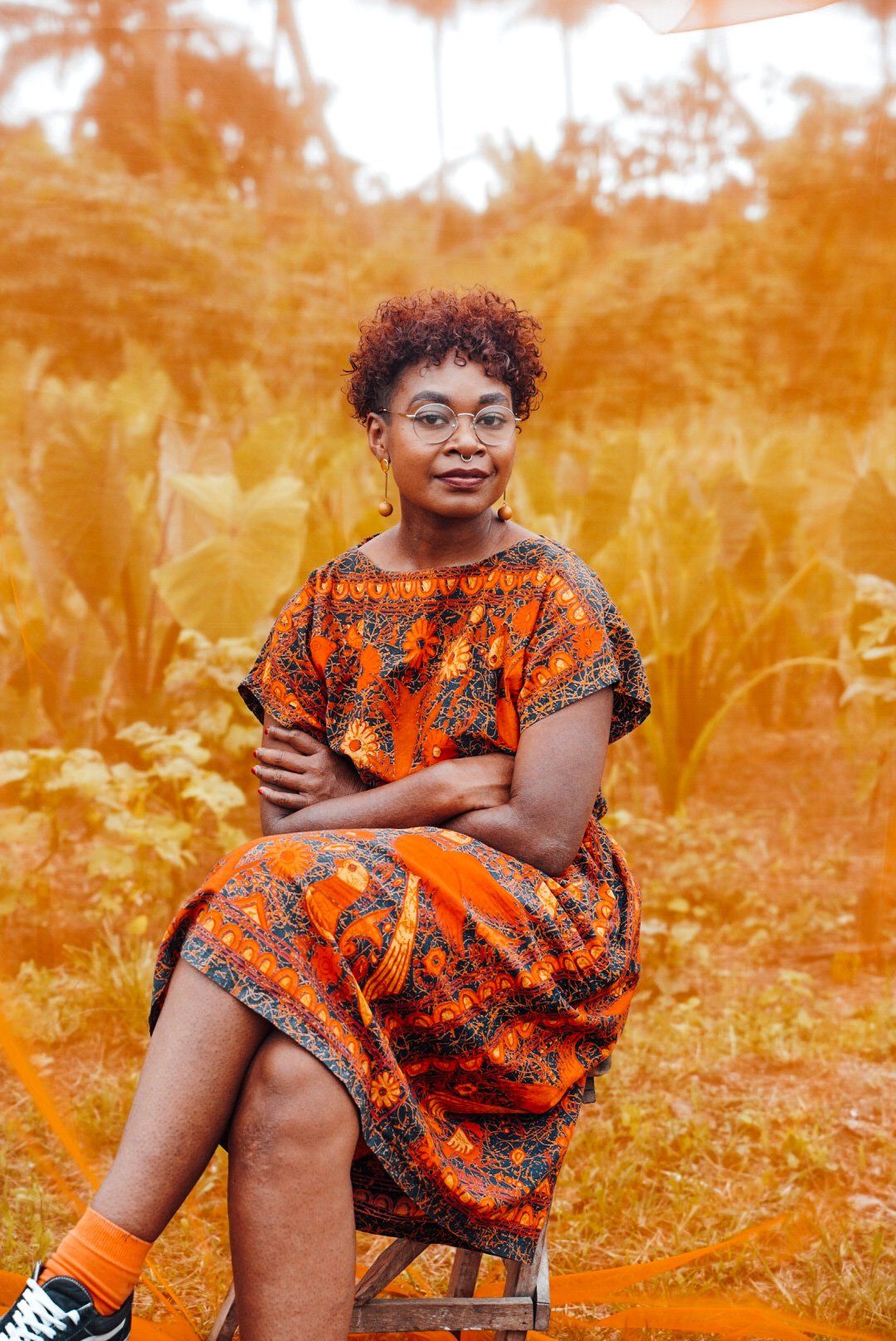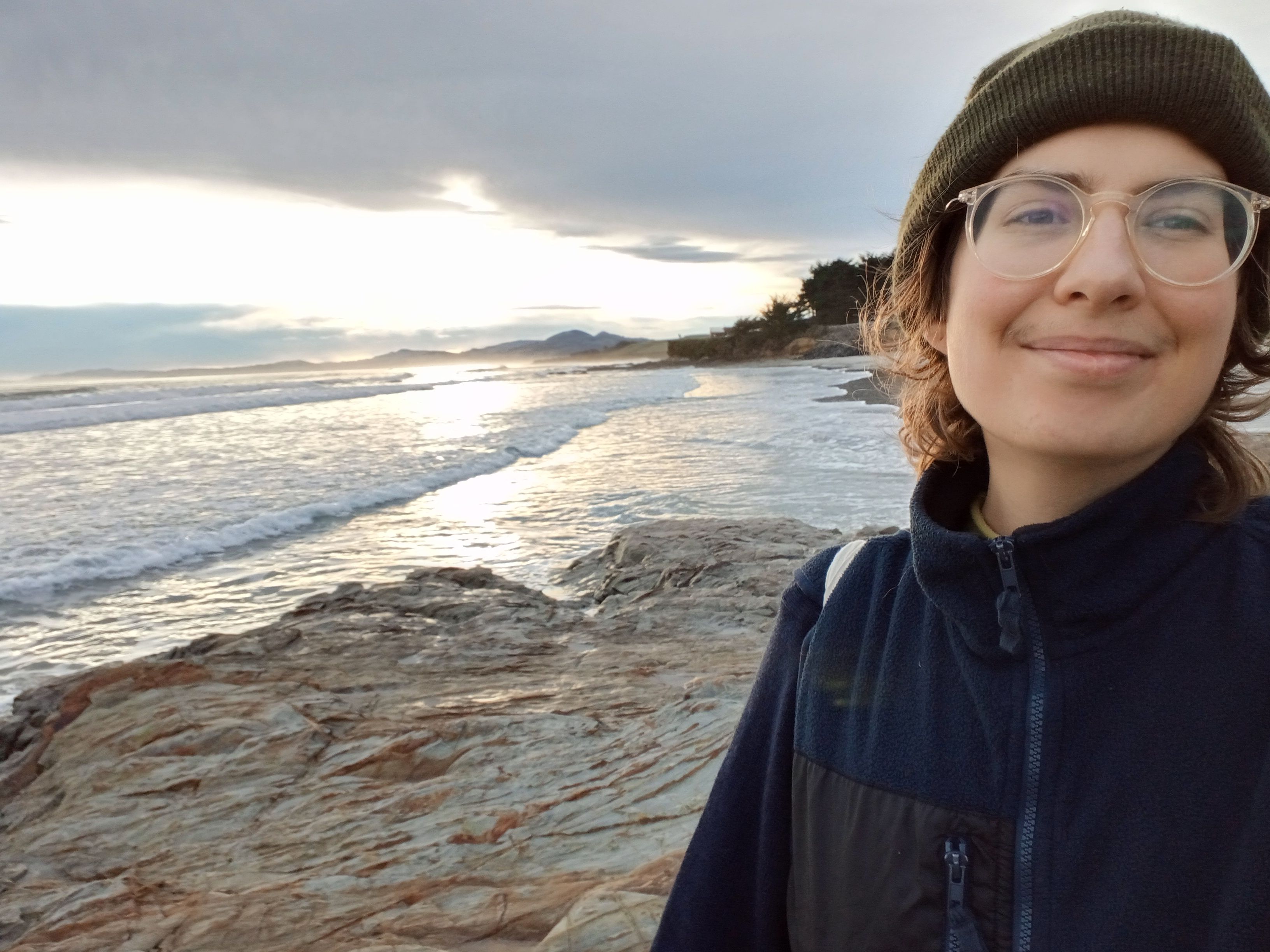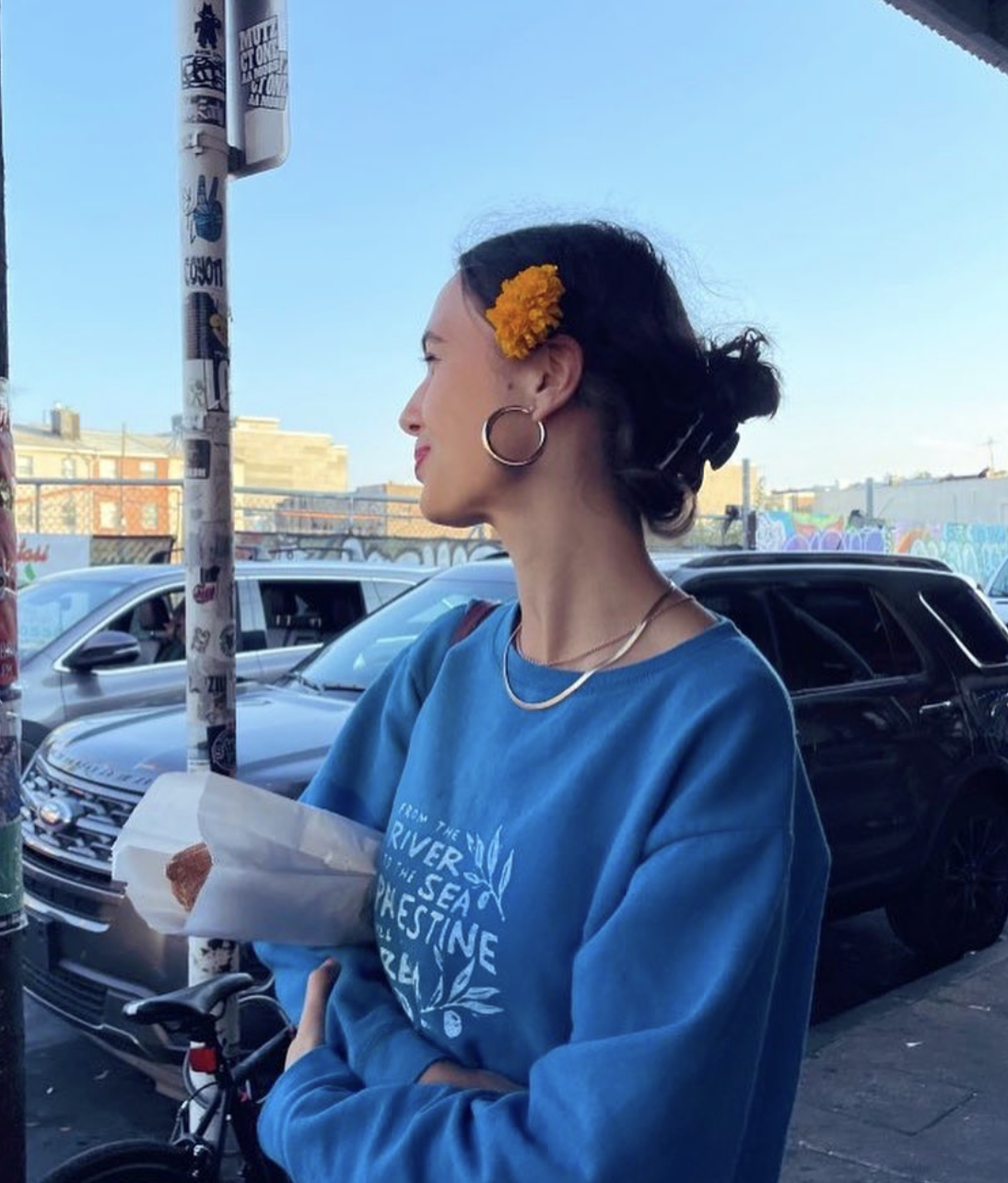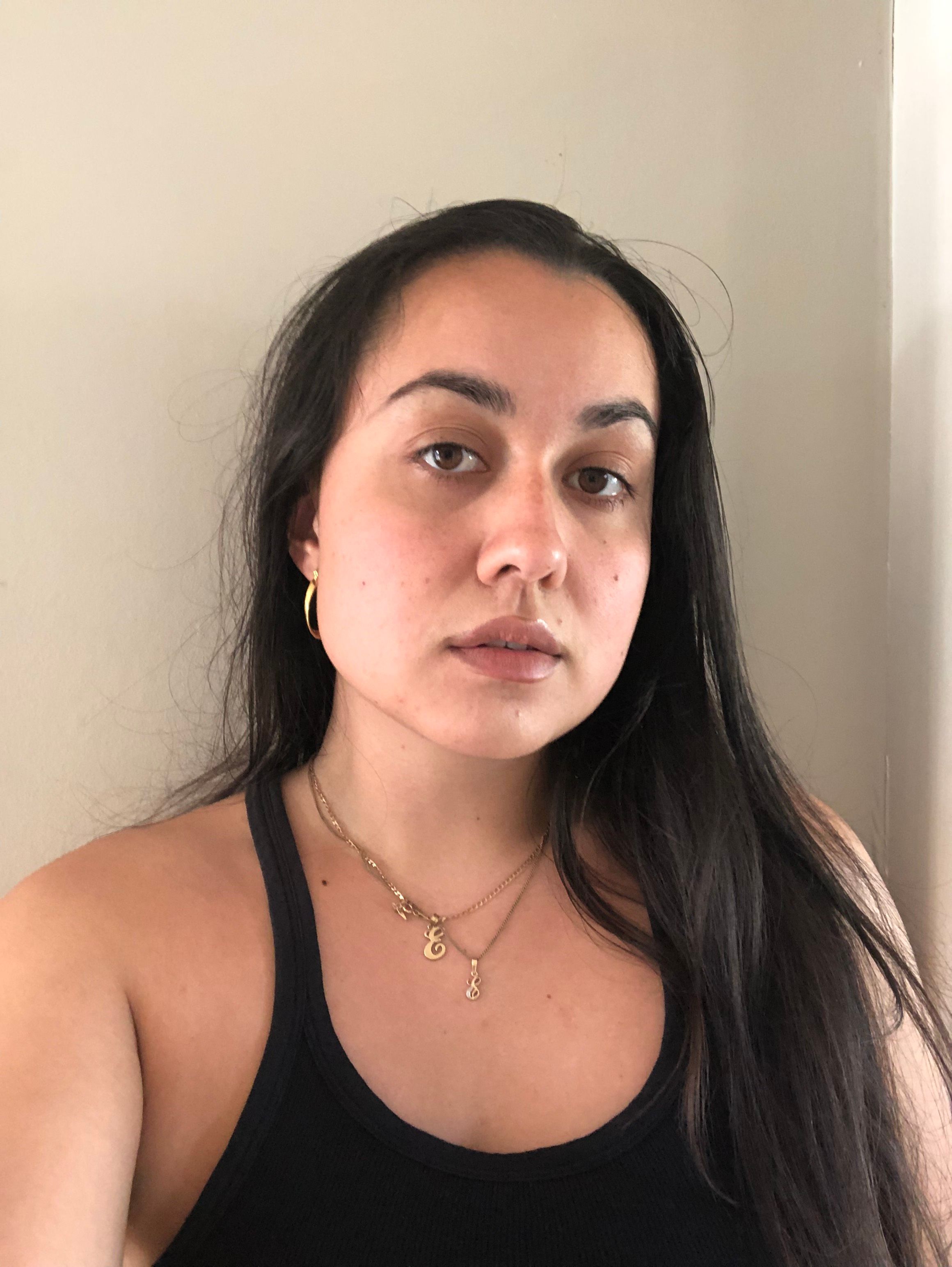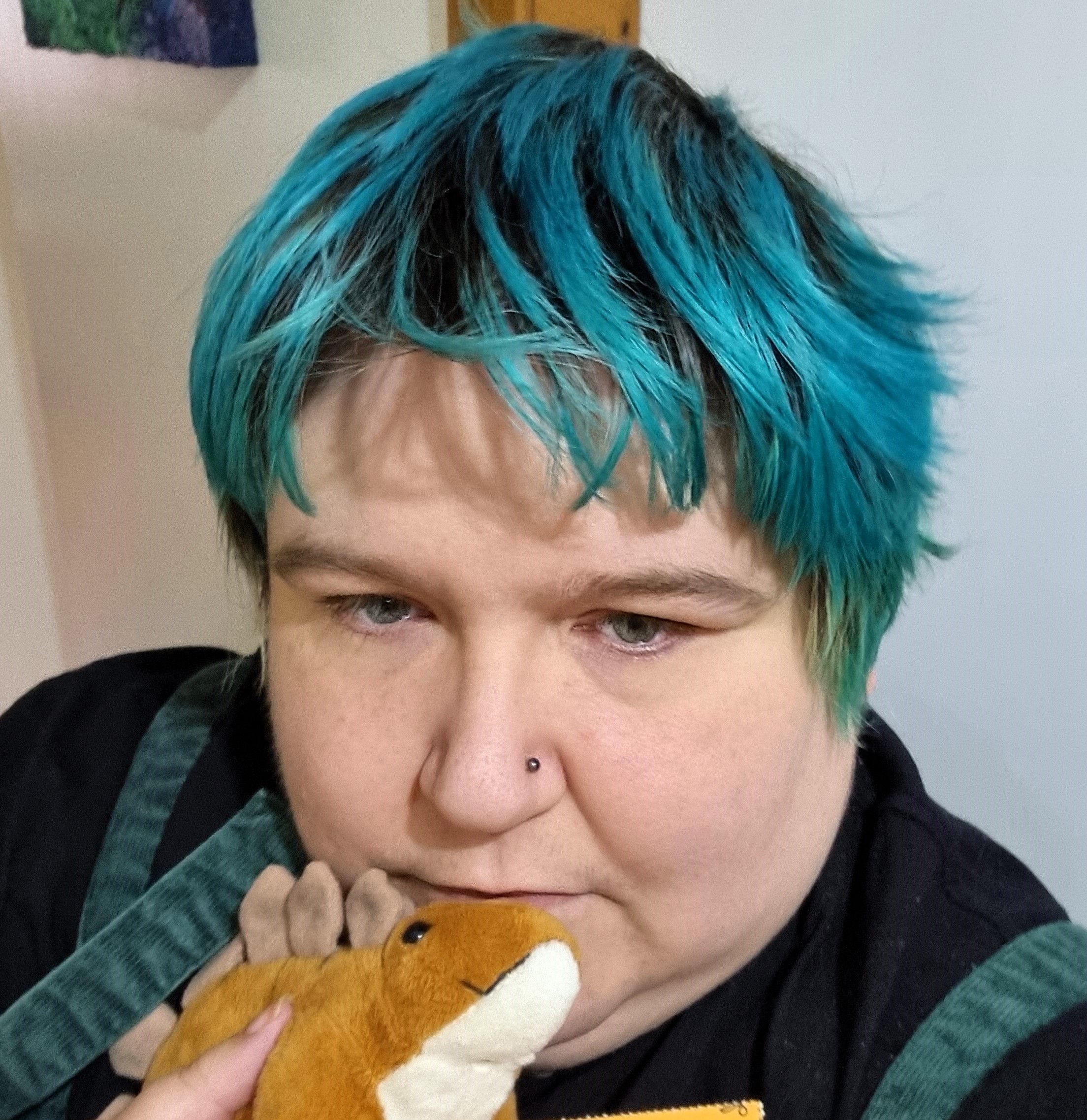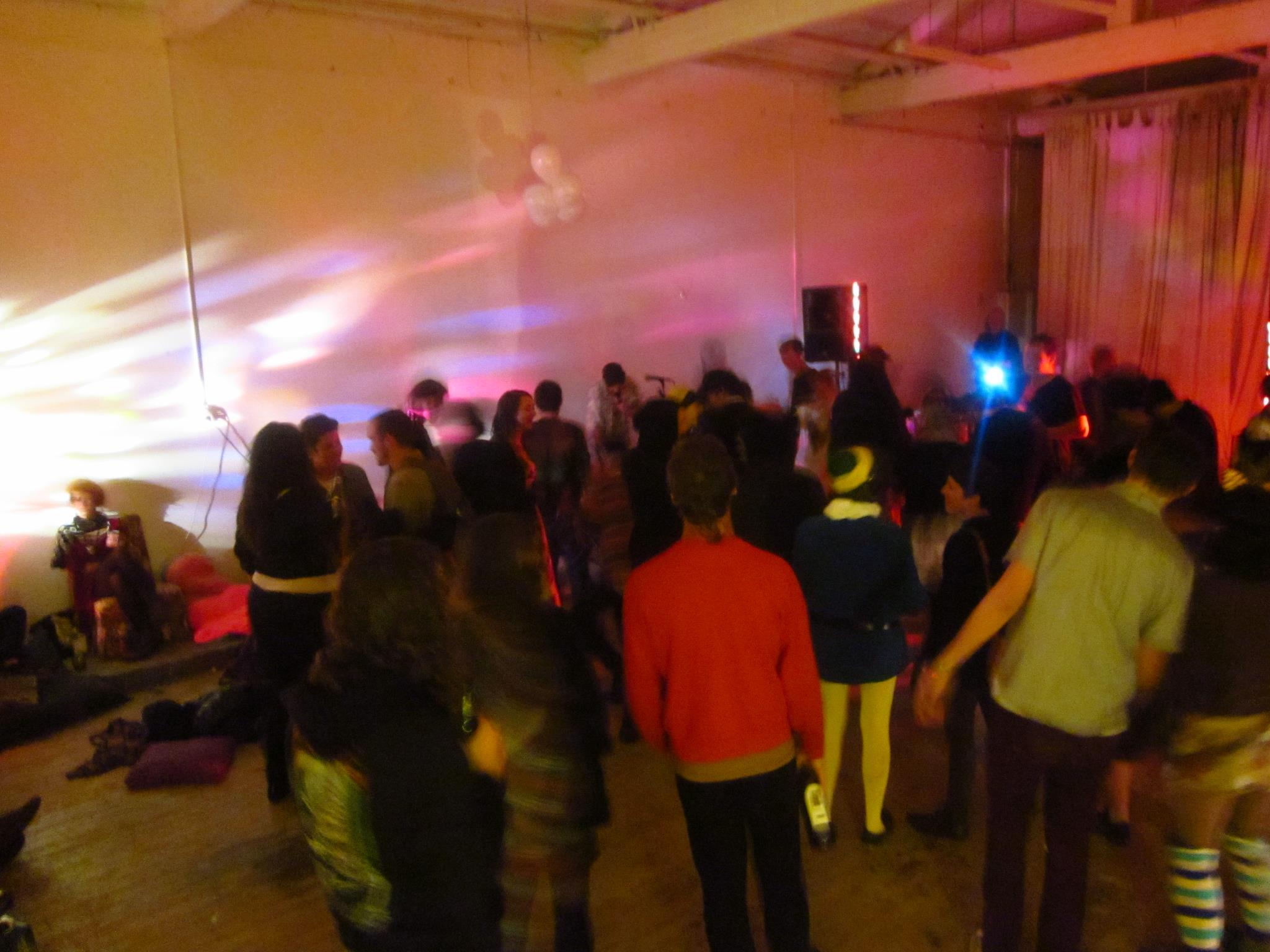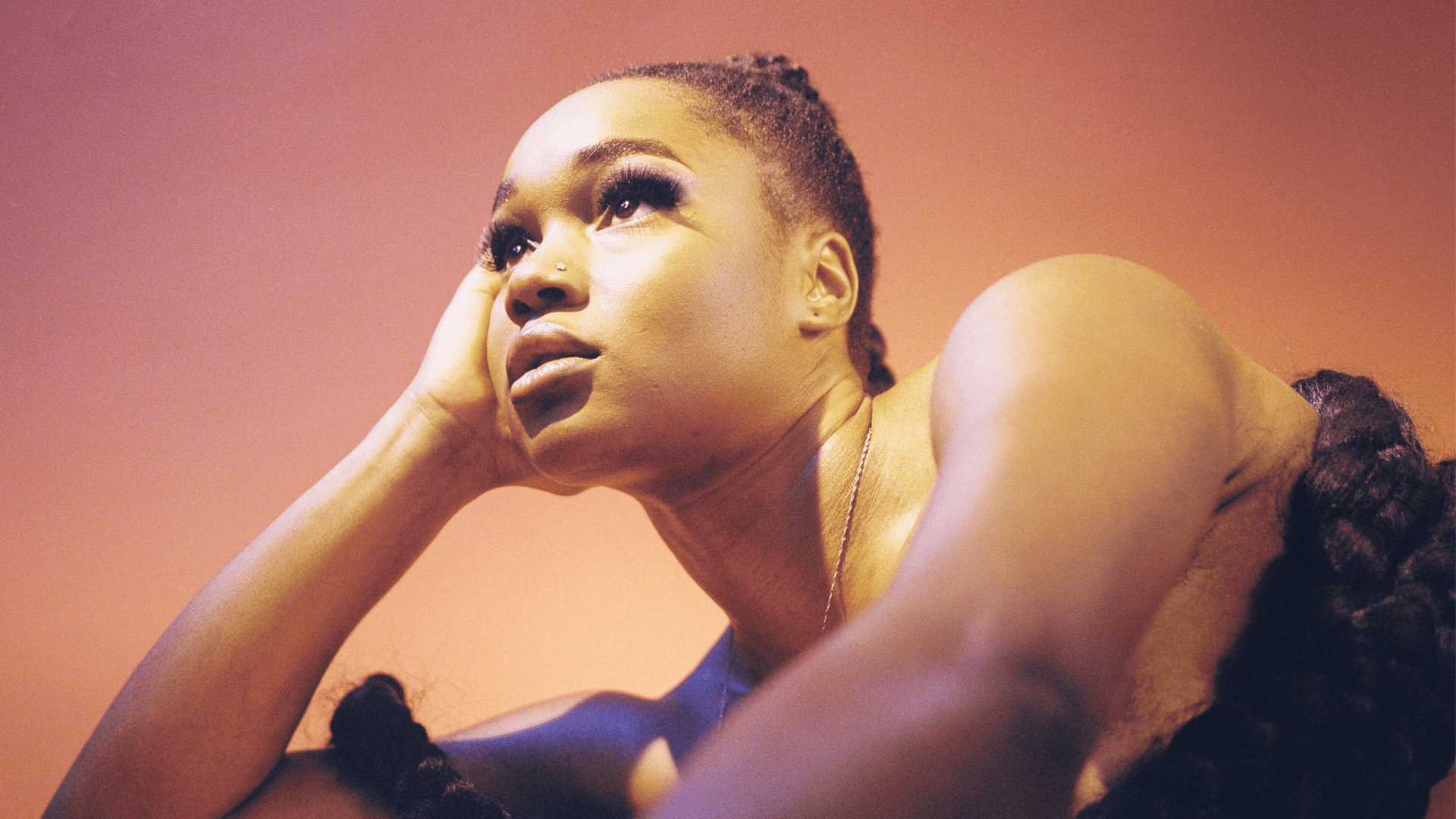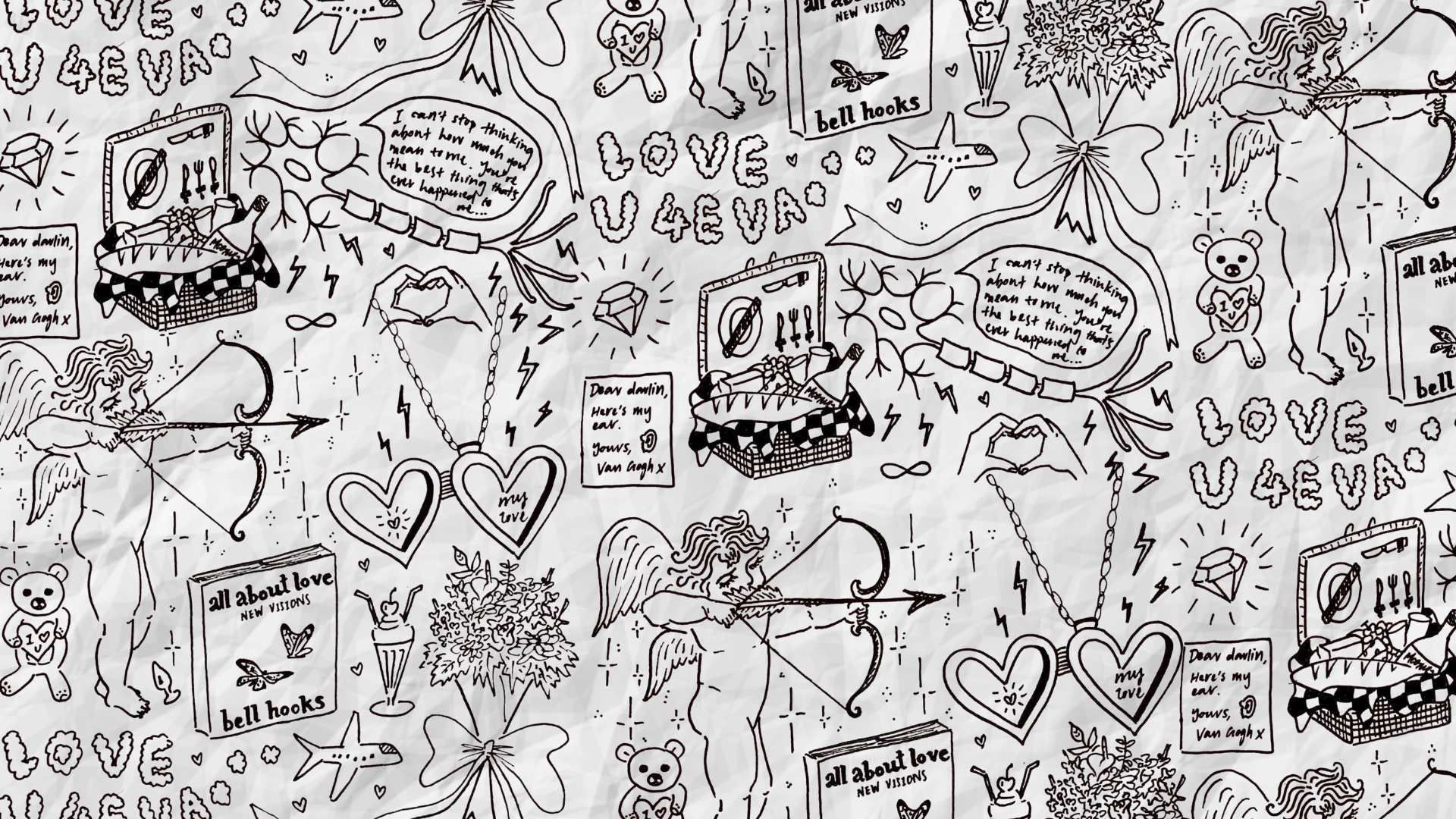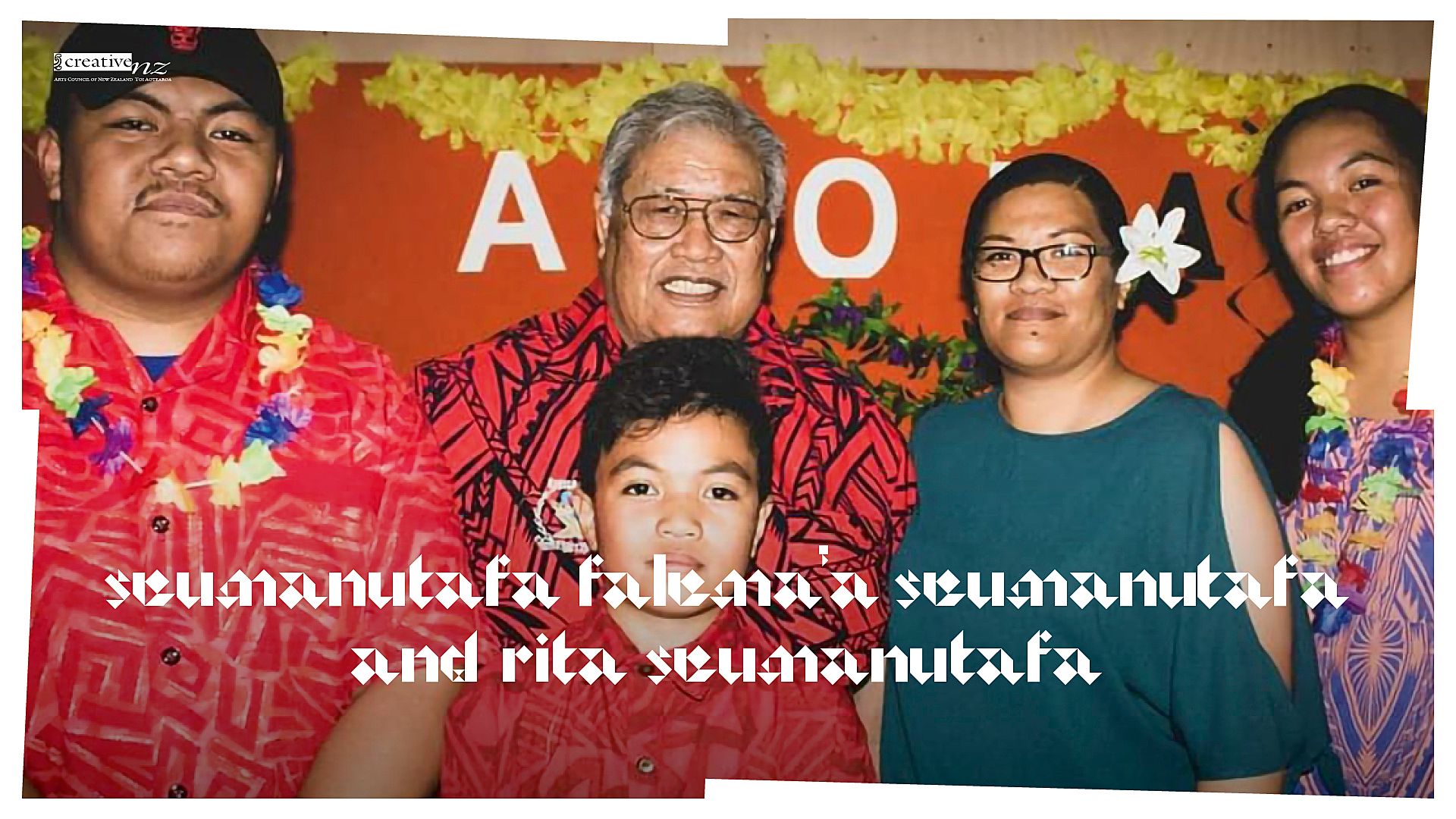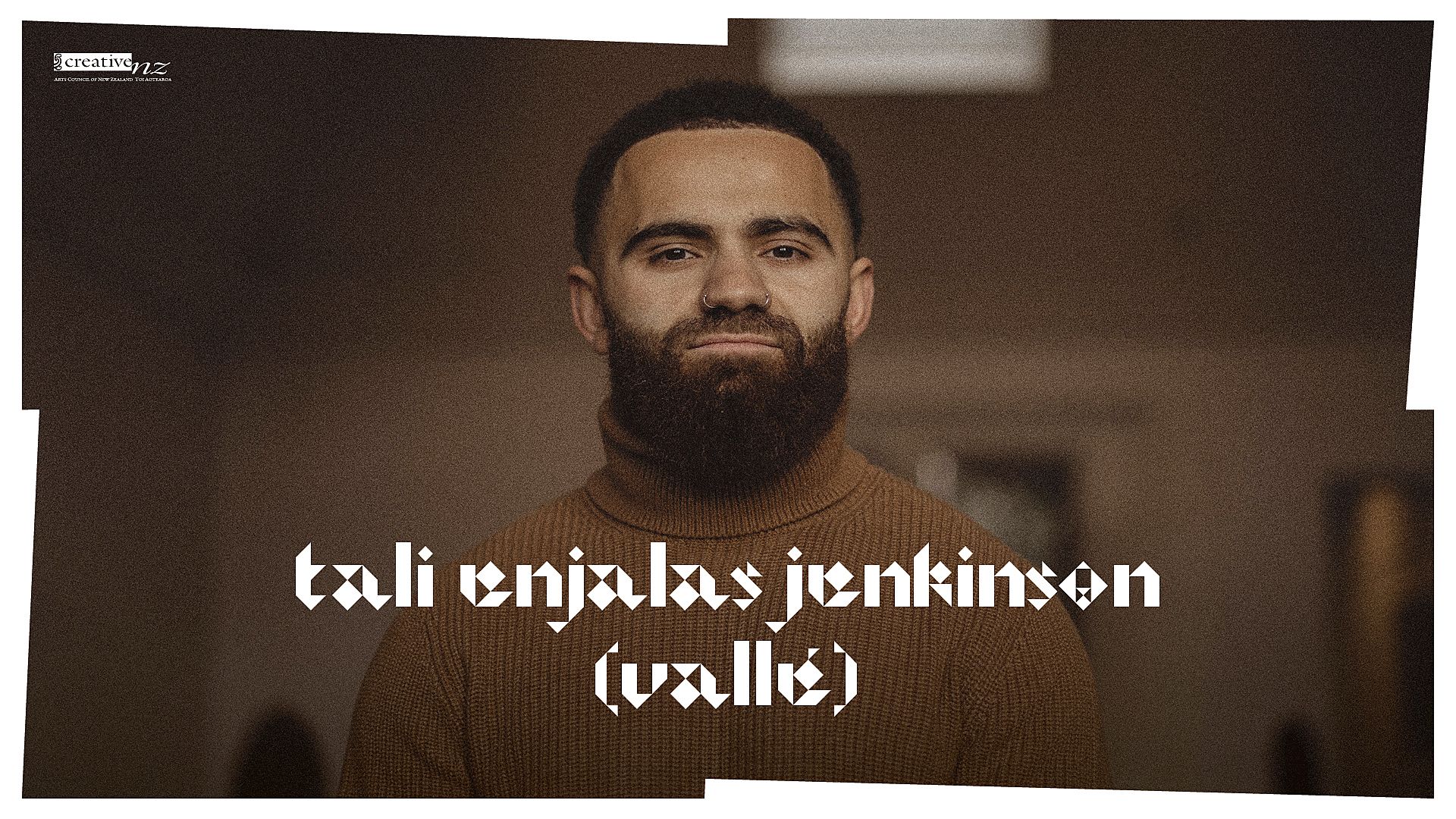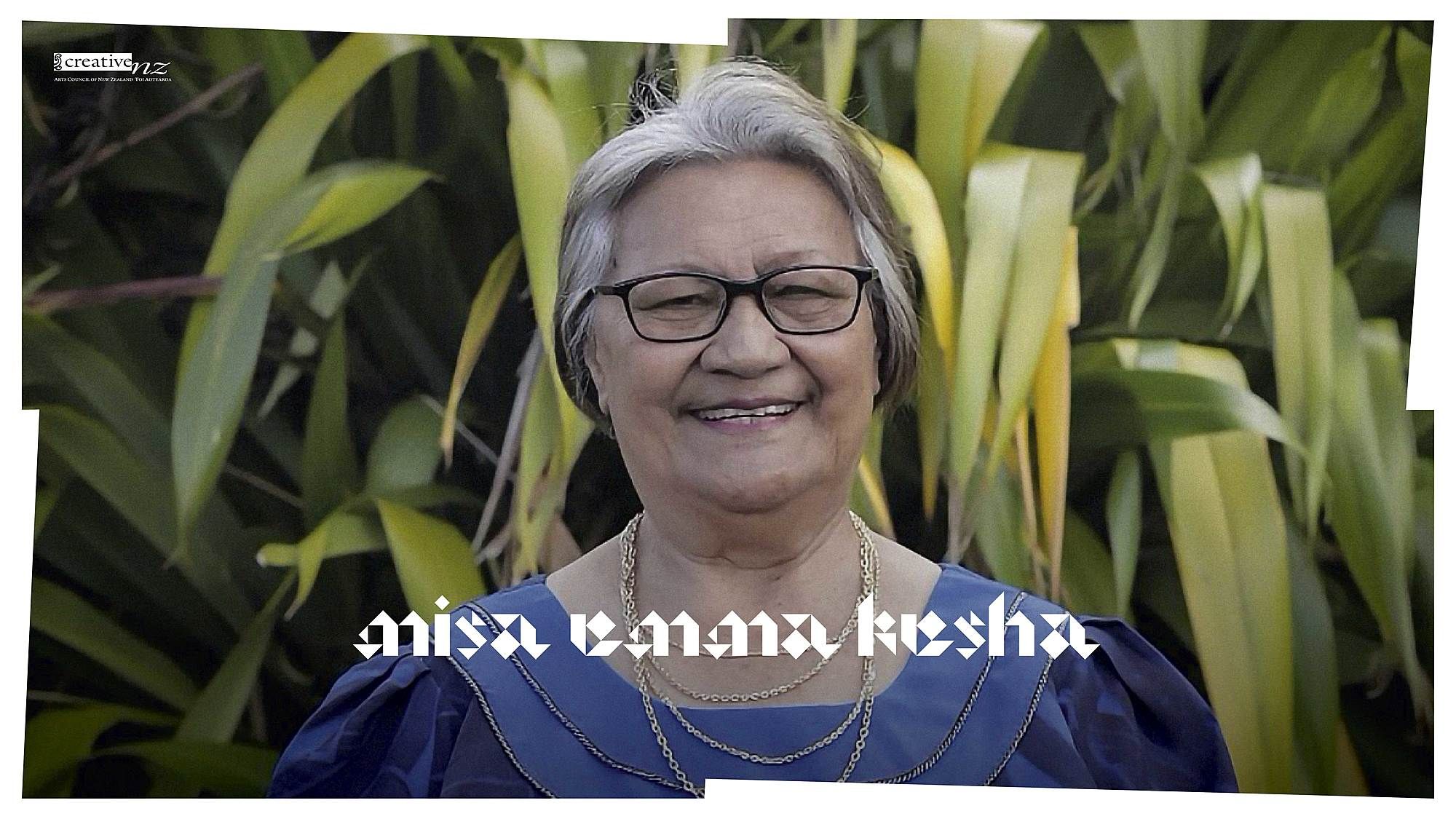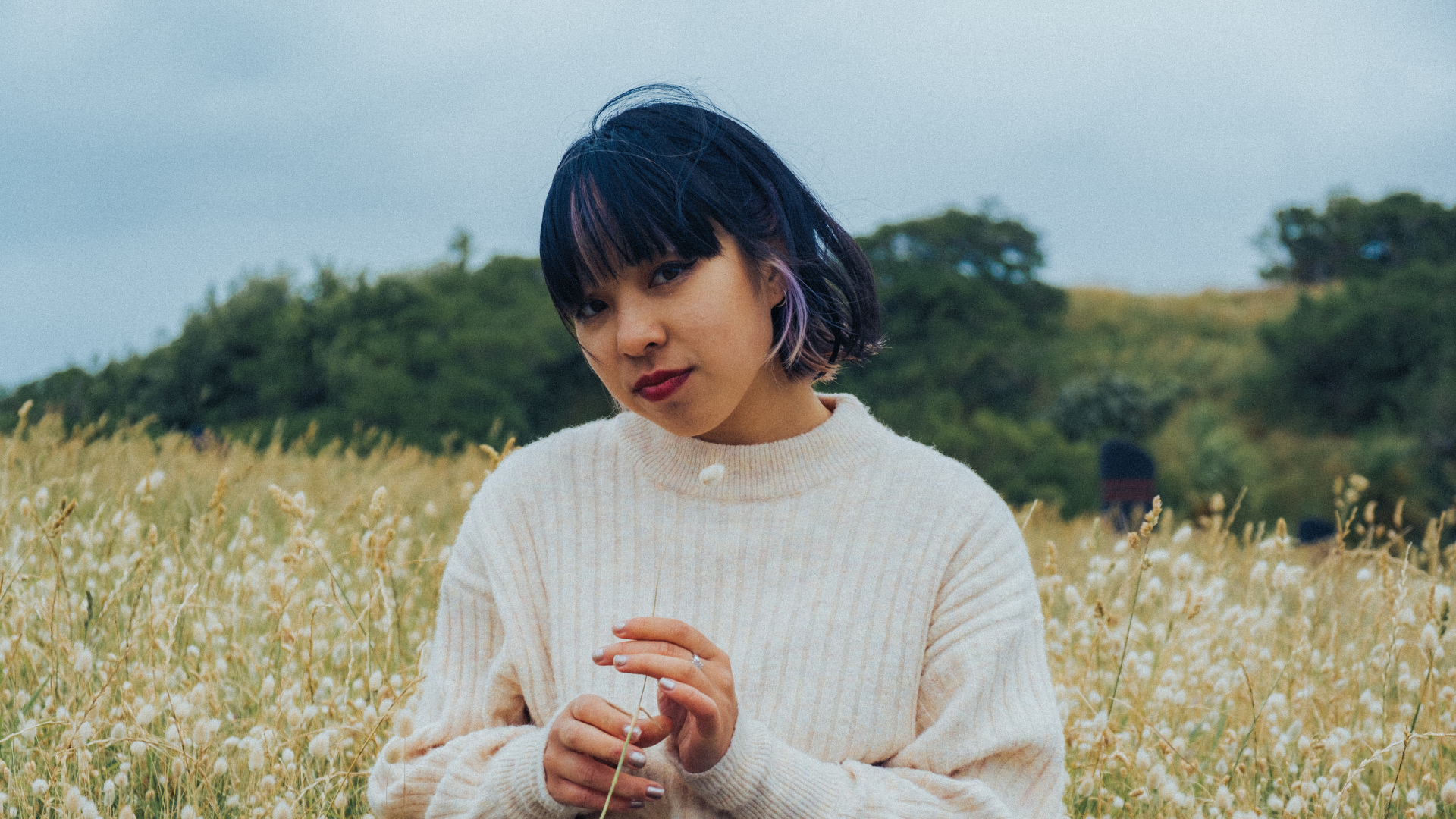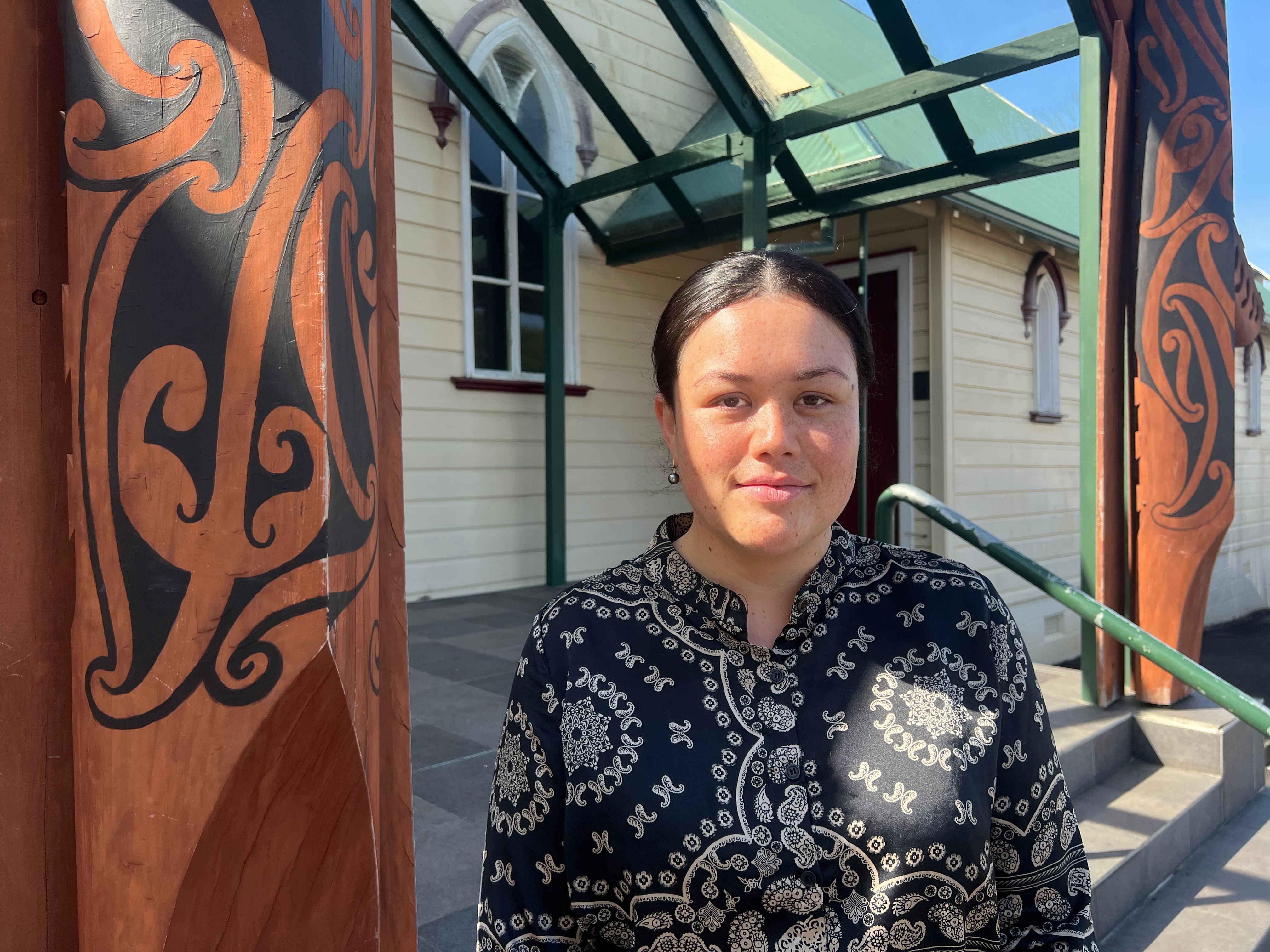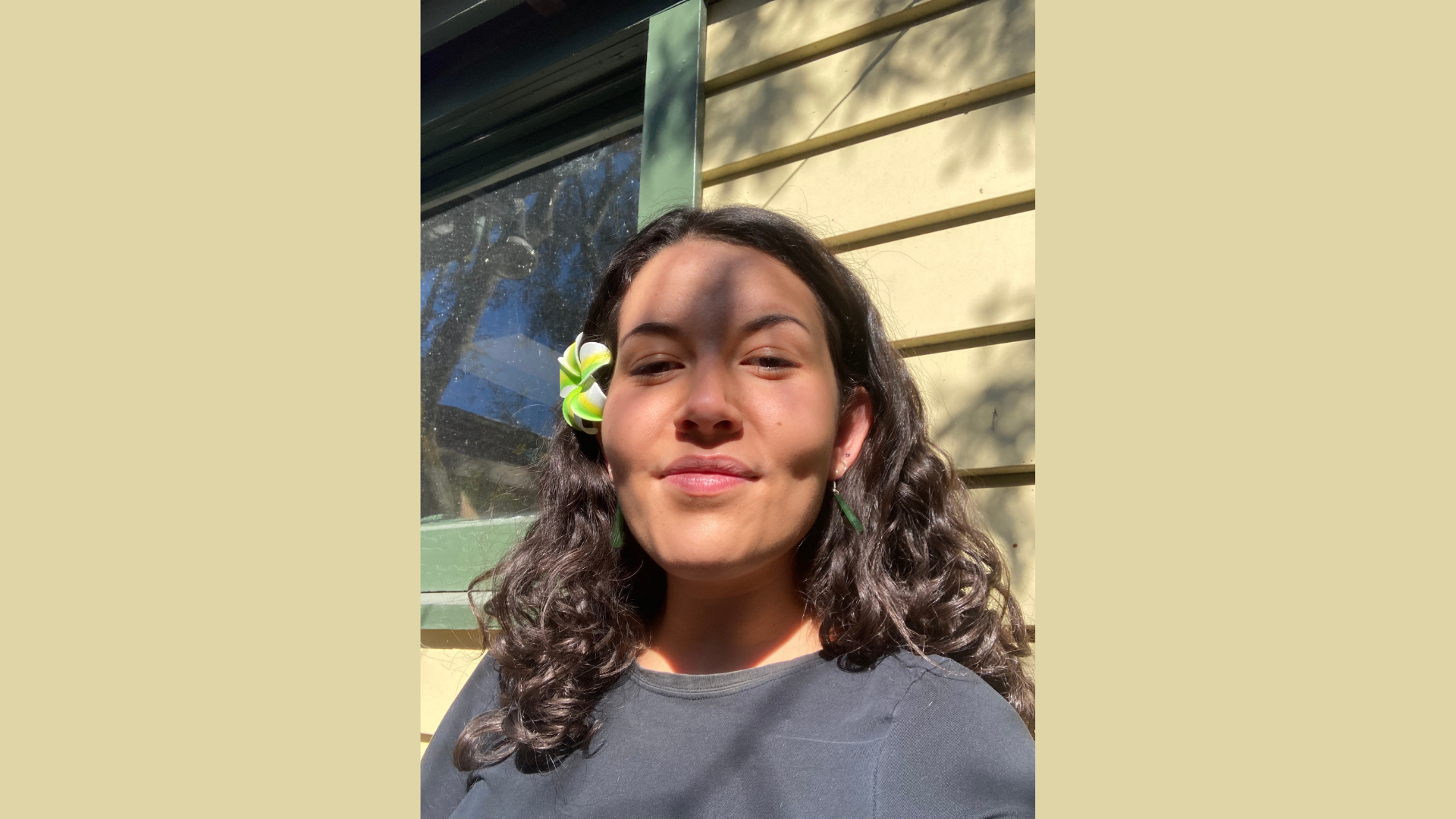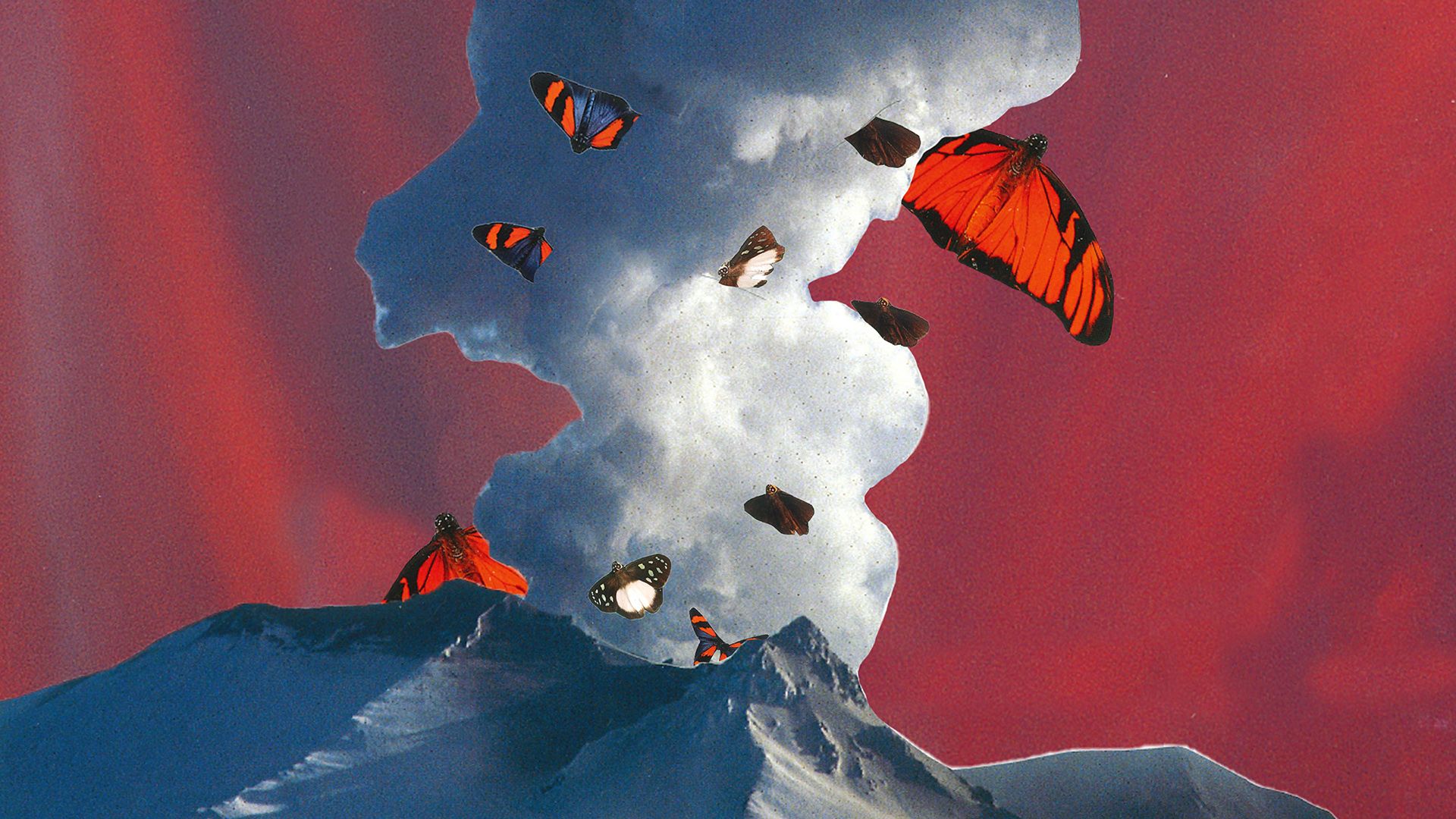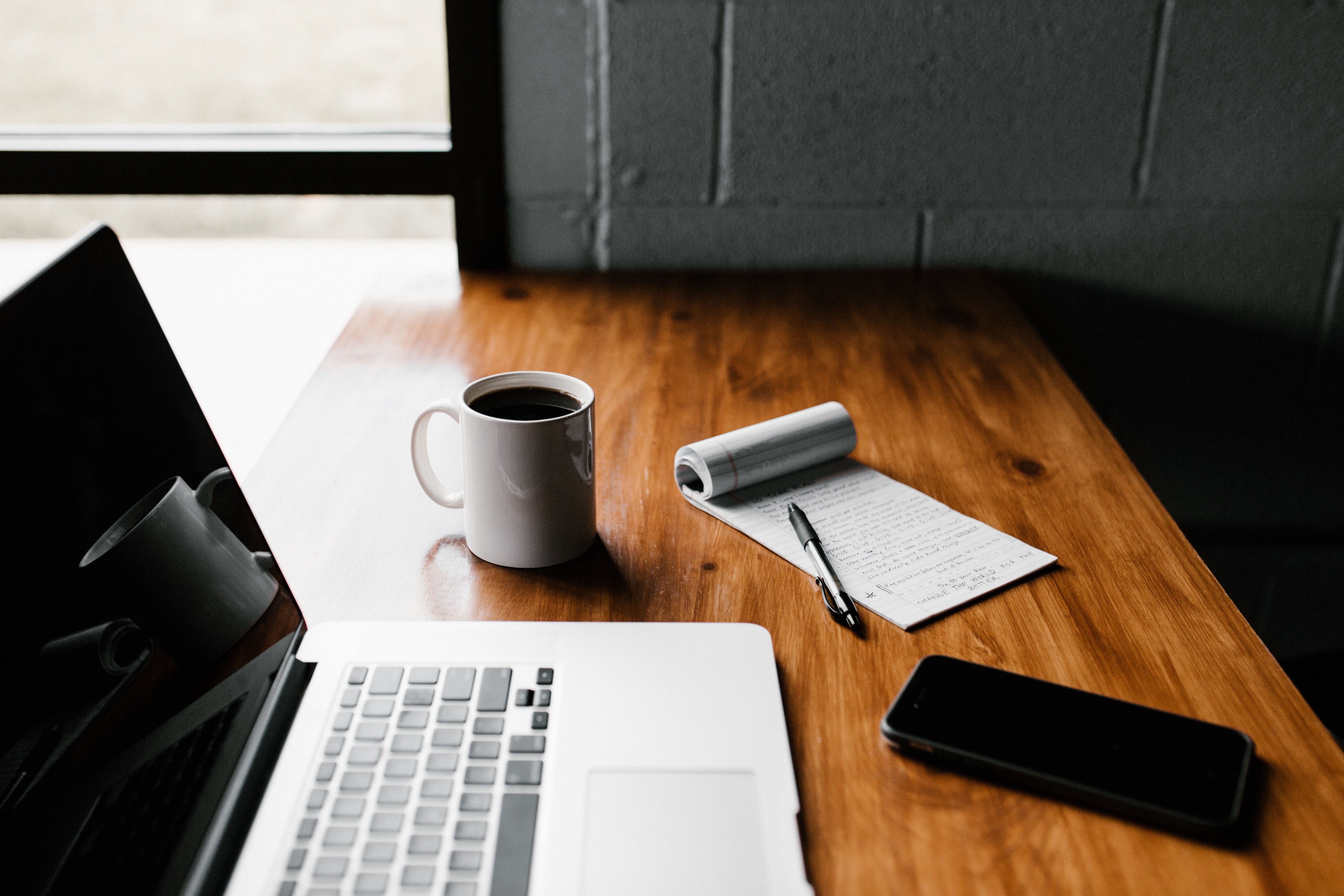Pip Laufiso was born and raised in Ōtepoti and her contributions to Māori and Pacific arts in this city have spanned decades. Stacey Kokaua reflects on how Pip influences a community of creatives in a city not often recognised for a brown arts culture.
Gabriella Brayne and Litia Tuiburelevu publish this essay, taken from a wider research project on Pacific Peoples and the Criminal Justice system in Aotearoa New Zealand, written with Liz Lotoa, Isabella Ieremia and Hugo Wagner-Hiliau. Their research calls for abolition and an ending to carceral capitalism, envisioning emancipatory past futures for Tangata o le Moana and the globe.
Is cruising a form of time travel, a doorway into a pocket of Queer time, or something else entirely? Tom Denize unpacks the heat and magnetism of cruising spots.
What if Pākehā were subjected to the same colonisation as Māori? Matariki Williams travels into the sci-fi world of 'Turncoat' - where an all-too-familiar narrative of colonisation plays out amongst aliens and humans.
A series of small intimate vignettes between young lovers over the course of one night. Cadence Chung poses the question: How much of ourselves do we give away in love, and how much do we keep?
In Part I, Jessica Lim discusses the work of five poets who have served as her personal roadmap to poetry. Part II completes her ode to the archive considering the work of four more poets she loves, and one dead guy.
Te Rā, the only remaining Māori sail, has temporarily returned home. Mya Morrison-Middleton visits Te Rā, asking questions of its origins and future, while highlighting the work of those who are actively reviving Māori sails.
Tunmise Adebowale finds warmth and unexpected connections between wooden carvings of twins from her Yoruba whakapapa, and Ōtepoti-artist Kate Fitzharris’ works at Dunedin Public Art Gallery.
From the Springbok Tour, to the Vietnam War, to the occupation of Palestine, Matariki Williams delves into how the arts have been, and can be, used to express solidarity and protest.
Is the demand for intimacy co-ordinators, choreographers and directors just colonialism rebranding itself to undermine our sense of collective morale and personhood? In asking for collective responsibility in storytelling, Emele Ugavule pulls forward Indigenous conceptualisations of body sovereignty from an iTaukei worldview.
Jess Karamjeet, the founder of the Pan-Asian Comedy School Aotearoa, aka PACSA (Laughs), reflects on her journey into comedy, and her hopes of joy across diverse communities.
Horror academic Erin Harrington and Leon Radojkovic, creator and composer of Silo Theatre’s work Night of the Living Dead, on the reanimation of this seminal work at a pertinent time in our socio-political context.
We’re not quite done juuust yet. Announcing our mic-drop finale, ‘Build Your Own Universe’ a Pantograph Punch x Āhua mini video series focused on the creative imaginations of QTBIPOC artists, releasing in April on Tiktok 2024.
The Pantograph Punch team reflect on 14 years of continuous publishing as a stalwart arts media journal (are we allowed to say this about ourselves?), and our choice to go on hiatus.
Not sure where to spend your pūtea on this giving season? We’ve written up a bucket list of gift ideas that people will be thrilled to receive, that also support your fave local initiatives.
In the final essay response to AMF’s Niu Gold Mountain video project, Alex Stronach dissects Che Ebrahim’s Body Shop – in all its body-gore, trans-vengeance, horror-splat glory.
Mahiwaga is a poetic, magical and mysterious dance video through Northcote Town Centre, as part of All My Friends’ Niu Gold Mountain project. Naomii Seah chats to the creatives and looks into the future of this local hub.
In partnership with All My Friends, we have invited four writers to reflect on the themes, locations and stories explored in the video series Niu Gold Mountain. Han Li responds to the music video Mango, by Ray Leslie, Chris Antonio, Luke Park and Suren Unka, set in Selera restaurant.
Recent Contributors
View AllŌtepoti writer and poet Eliana Gray reflects on the city’s DIY music and arts scene – how it came together, how it fell apart, and the places and people left behind in its wake.
Loose Canons is a series in which we invite artists we love to share five things that have informed their work. Jujulipps, a Tāmaki Makaurau-based artist drawing energy from hip-hop and afrobeat, shares five things that inspire her.
V-Day themed playlist! Danya Yang reflects on the love we receive, and the love we give.
“Let the world know what it took.” Rita Seumanutafa and her father Seumanutafa Falema‘a Seumanutafa share the legacy of their music.
For musician Tali Enjalas Jenkinson, aka Vallé, pursuing and treasuring his Papua New Guinean identity has been vital in shaping the way he creates music.
For master artist Misa Emma Kesha, weaving feeds our mental, physical and spiritual wellbeing. With the help of her family, Misa Emma remembers her journey, all centred on the art of sharing and teaching.
Wellington-based writer, Emma Ling Sidnam shares the five things that inspire her as she debuts with her coming-of-age novel Backwaters.
Hine Te Ariki Parata-Walker shares five things that inspired her play 'The Jumpers', which will be read as a part of the Kōanga Festival 2023.
Loose Canons is a series in which we invite artists we love to share five things that have informed their work. Ruby Macomber, poet, researcher and teina of Te Moana-Nui-a Kiwa; shares her favourite things.
Pip Laufiso was born and raised in Ōtepoti and her contributions to Māori and Pacific arts in this city have spanned decades. Stacey Kokaua reflects on how Pip influences a community of creatives in a city not often recognised for a brown arts culture.
Gabriella Brayne and Litia Tuiburelevu publish this essay, taken from a wider research project on Pacific Peoples and the Criminal Justice system in Aotearoa New Zealand, written with Liz Lotoa, Isabella Ieremia and Hugo Wagner-Hiliau. Their research calls for abolition and an ending to carceral capitalism, envisioning emancipatory past futures for Tangata o le Moana and the globe.
Is cruising a form of time travel, a doorway into a pocket of Queer time, or something else entirely? Tom Denize unpacks the heat and magnetism of cruising spots.
What if Pākehā were subjected to the same colonisation as Māori? Matariki Williams travels into the sci-fi world of 'Turncoat' - where an all-too-familiar narrative of colonisation plays out amongst aliens and humans.
A series of small intimate vignettes between young lovers over the course of one night. Cadence Chung poses the question: How much of ourselves do we give away in love, and how much do we keep?
In Part I, Jessica Lim discusses the work of five poets who have served as her personal roadmap to poetry. Part II completes her ode to the archive considering the work of four more poets she loves, and one dead guy.
Pantograph Punch
View AllThe Pantograph Punch publishes urgent and vital cultural commentary by the most exciting new voices in Aotearoa.
Te Rā, the only remaining Māori sail, has temporarily returned home. Mya Morrison-Middleton visits Te Rā, asking questions of its origins and future, while highlighting the work of those who are actively reviving Māori sails.
Tunmise Adebowale finds warmth and unexpected connections between wooden carvings of twins from her Yoruba whakapapa, and Ōtepoti-artist Kate Fitzharris’ works at Dunedin Public Art Gallery.
From the Springbok Tour, to the Vietnam War, to the occupation of Palestine, Matariki Williams delves into how the arts have been, and can be, used to express solidarity and protest.
Recent Contributors
View AllIs the demand for intimacy co-ordinators, choreographers and directors just colonialism rebranding itself to undermine our sense of collective morale and personhood? In asking for collective responsibility in storytelling, Emele Ugavule pulls forward Indigenous conceptualisations of body sovereignty from an iTaukei worldview.
Jess Karamjeet, the founder of the Pan-Asian Comedy School Aotearoa, aka PACSA (Laughs), reflects on her journey into comedy, and her hopes of joy across diverse communities.
Horror academic Erin Harrington and Leon Radojkovic, creator and composer of Silo Theatre’s work Night of the Living Dead, on the reanimation of this seminal work at a pertinent time in our socio-political context.
In the final essay response to AMF’s Niu Gold Mountain video project, Alex Stronach dissects Che Ebrahim’s Body Shop – in all its body-gore, trans-vengeance, horror-splat glory.
Mahiwaga is a poetic, magical and mysterious dance video through Northcote Town Centre, as part of All My Friends’ Niu Gold Mountain project. Naomii Seah chats to the creatives and looks into the future of this local hub.
In partnership with All My Friends, we have invited four writers to reflect on the themes, locations and stories explored in the video series Niu Gold Mountain. Han Li responds to the music video Mango, by Ray Leslie, Chris Antonio, Luke Park and Suren Unka, set in Selera restaurant.
Ōtepoti writer and poet Eliana Gray reflects on the city’s DIY music and arts scene – how it came together, how it fell apart, and the places and people left behind in its wake.
Loose Canons is a series in which we invite artists we love to share five things that have informed their work. Jujulipps, a Tāmaki Makaurau-based artist drawing energy from hip-hop and afrobeat, shares five things that inspire her.
V-Day themed playlist! Danya Yang reflects on the love we receive, and the love we give.
